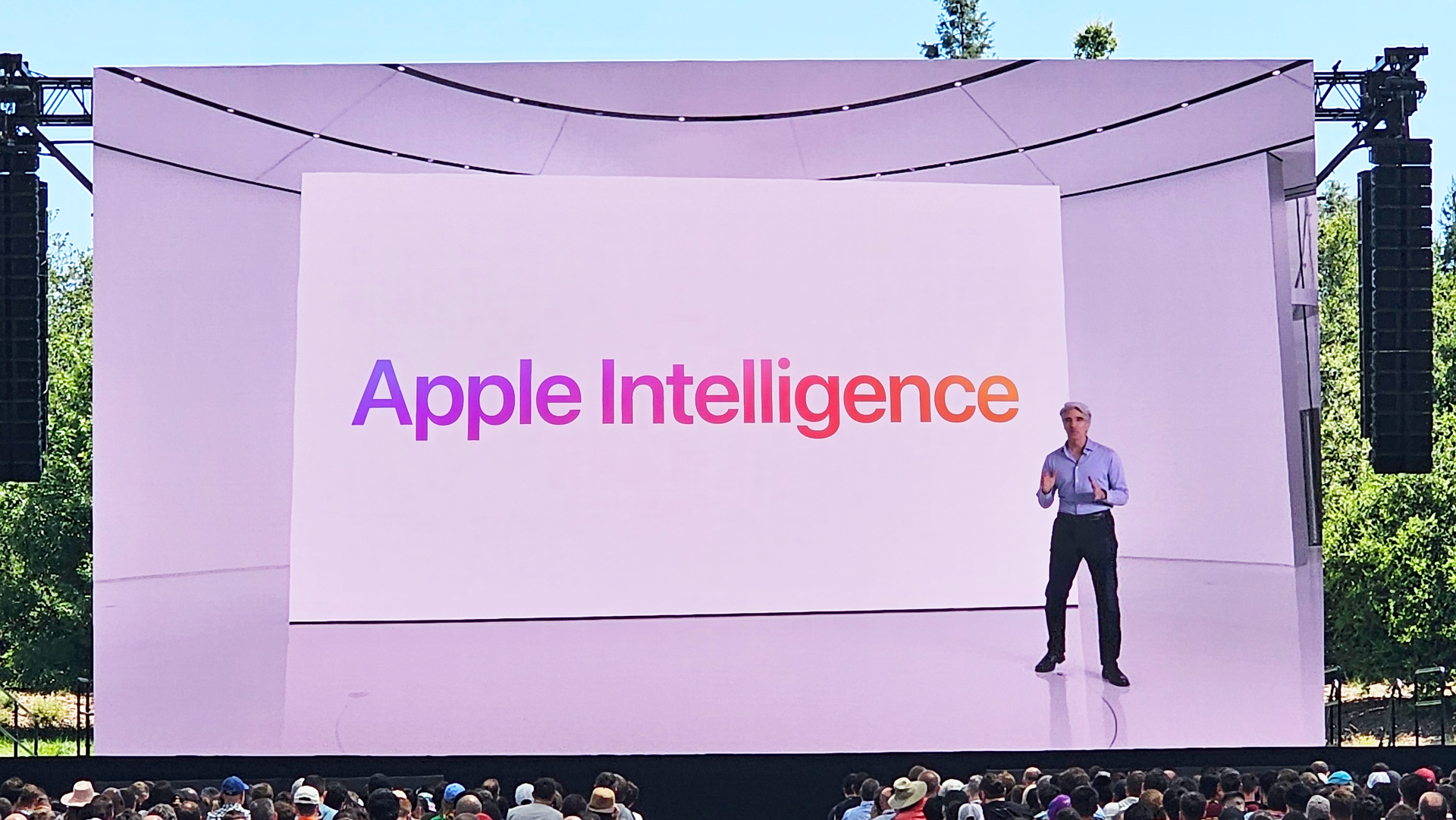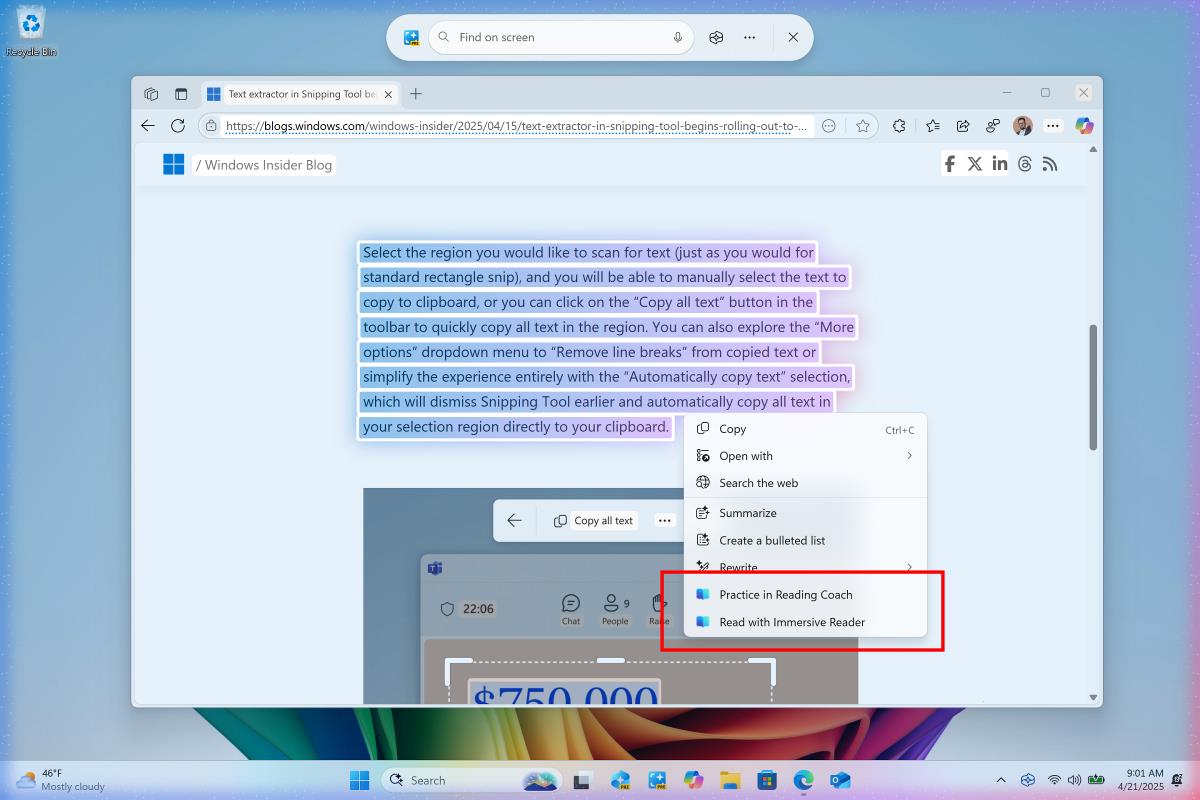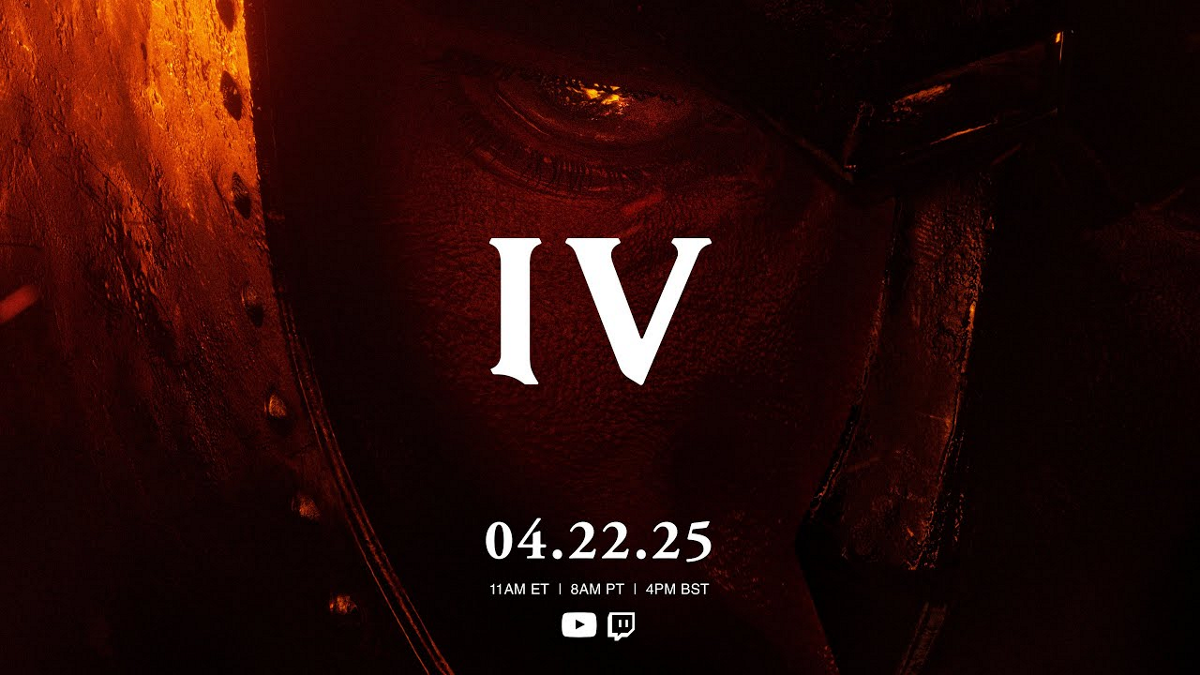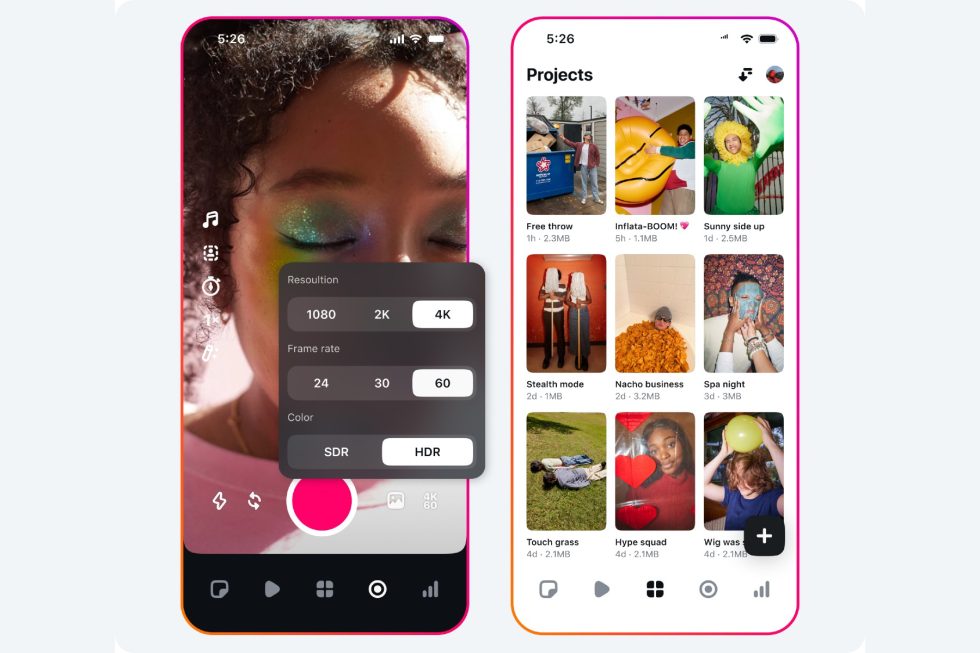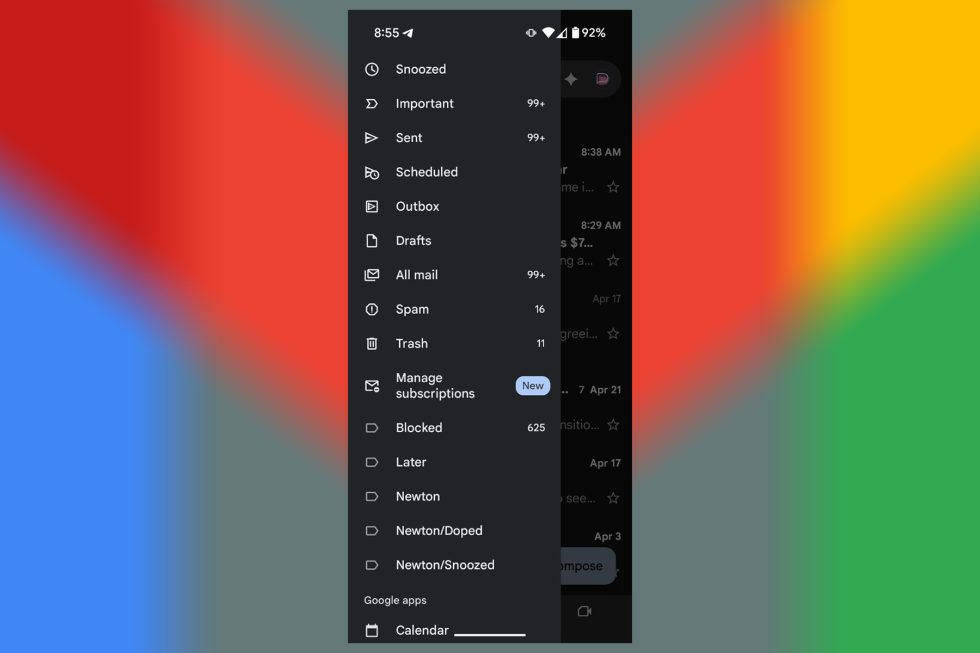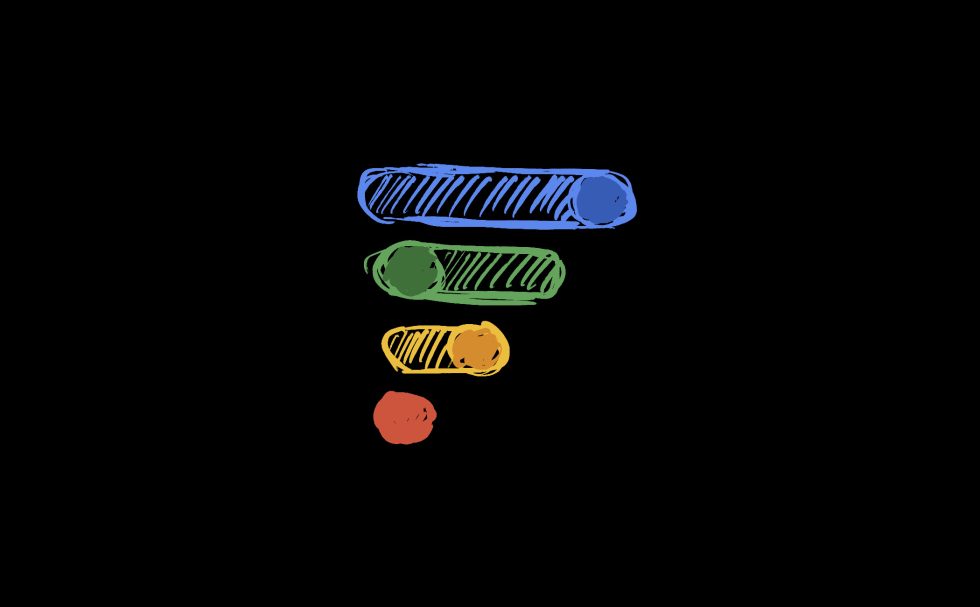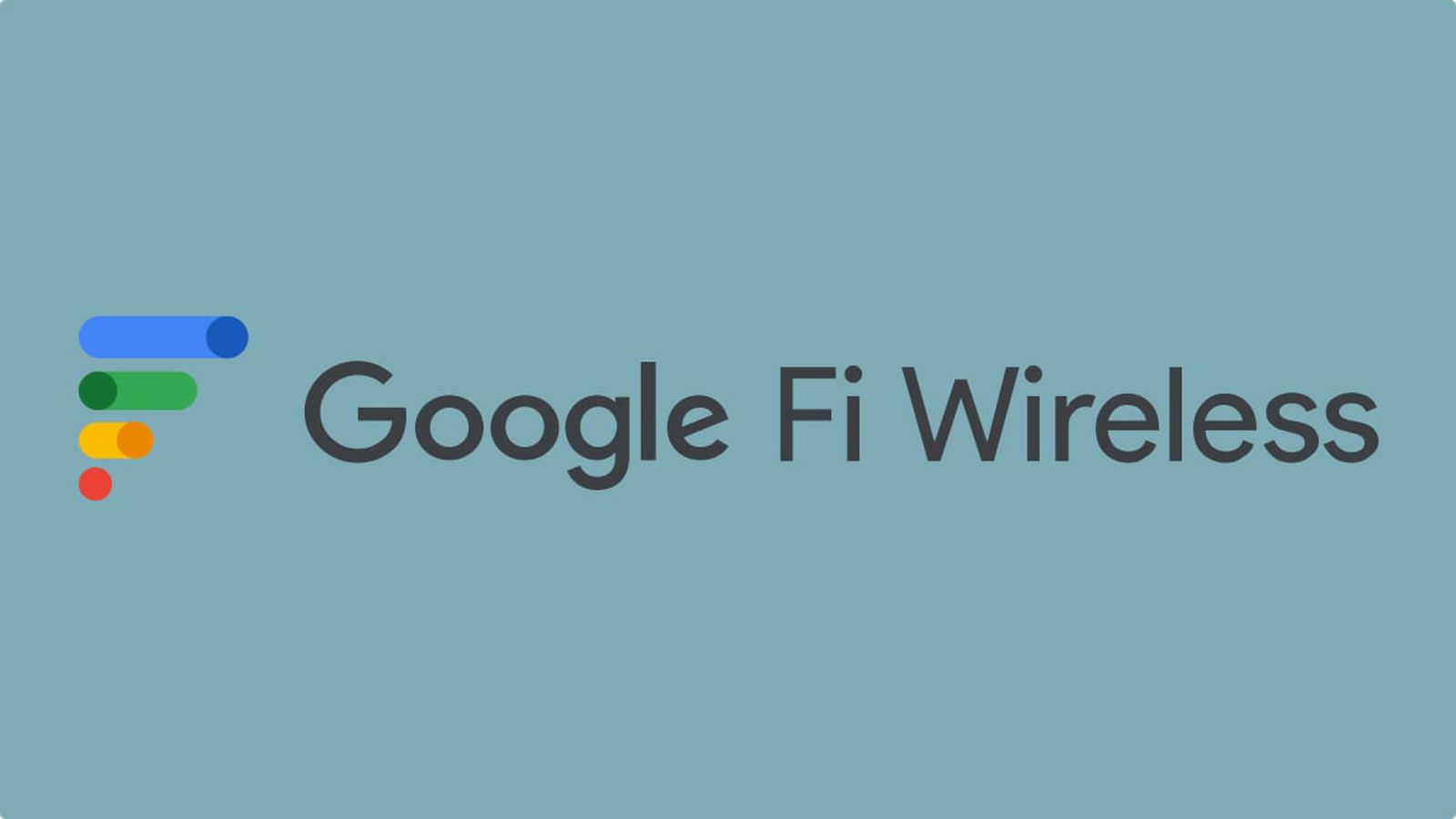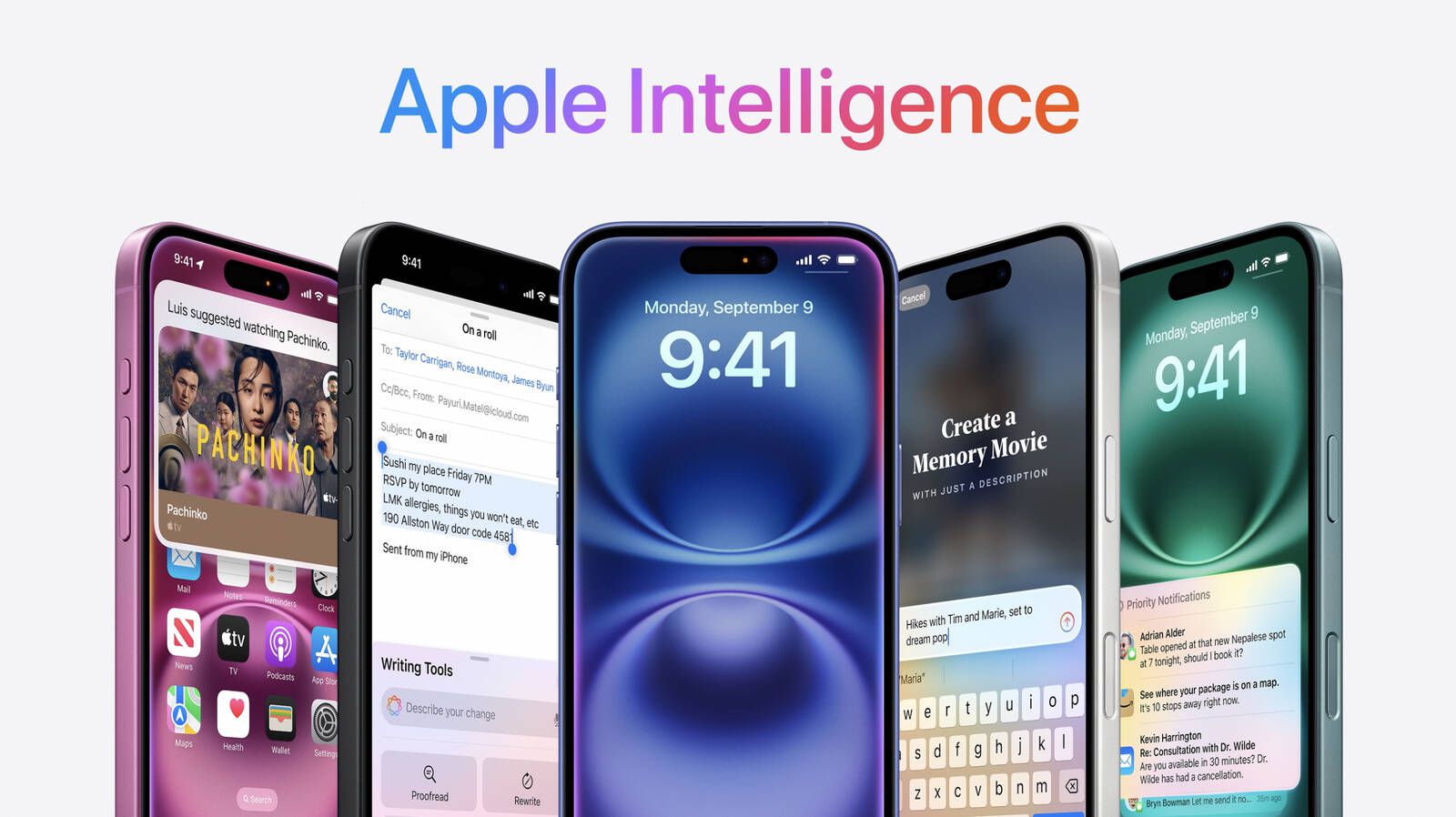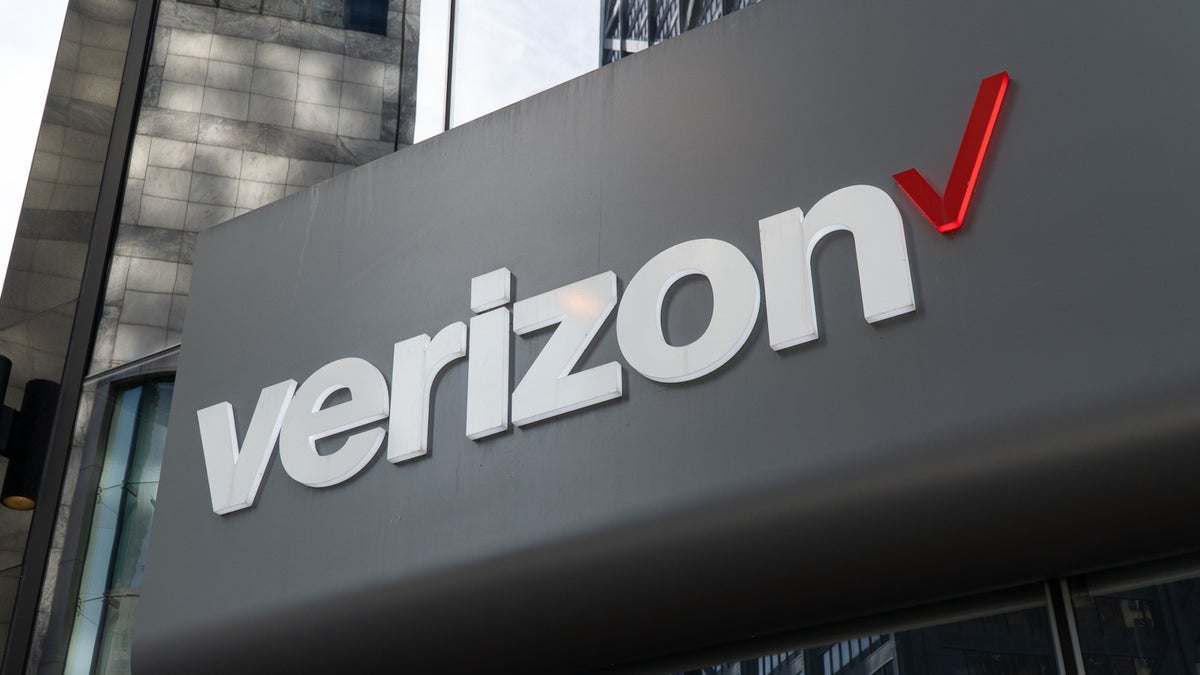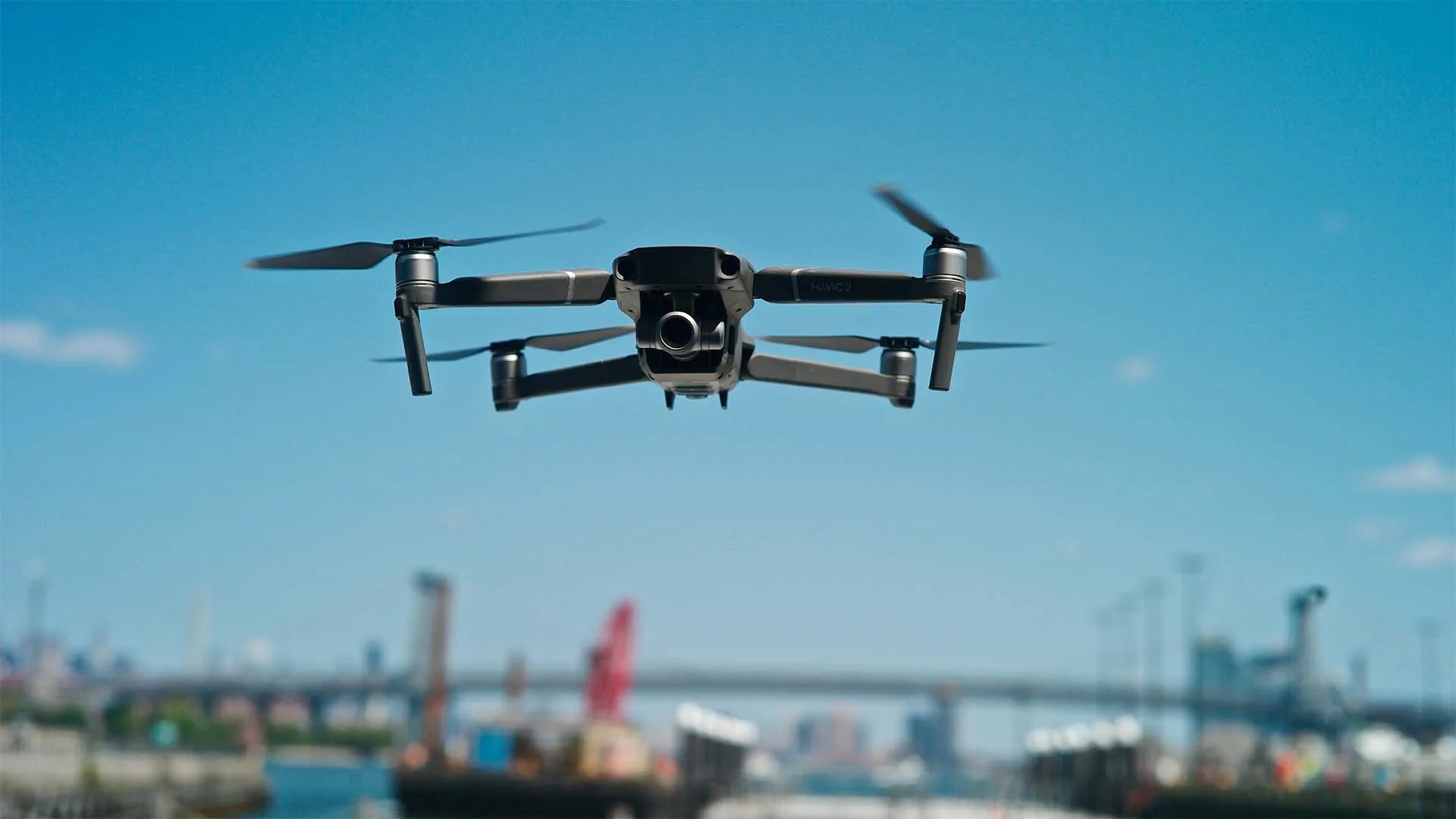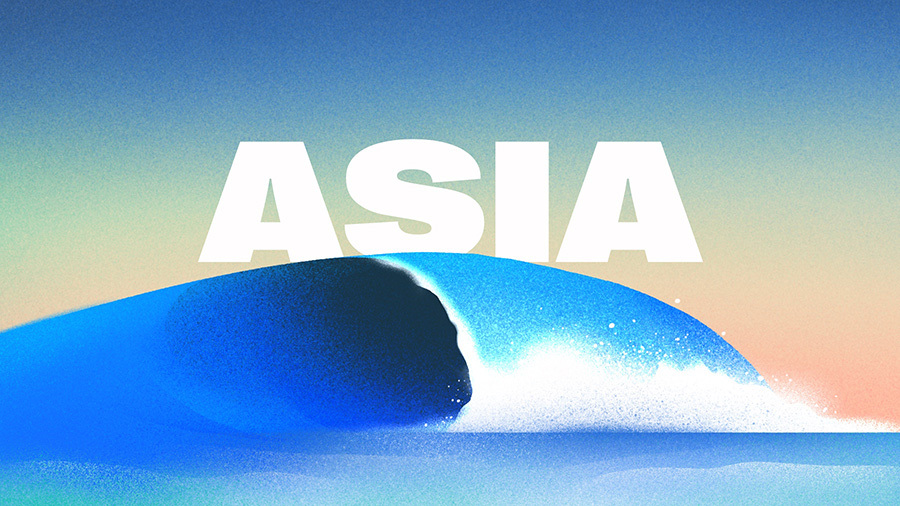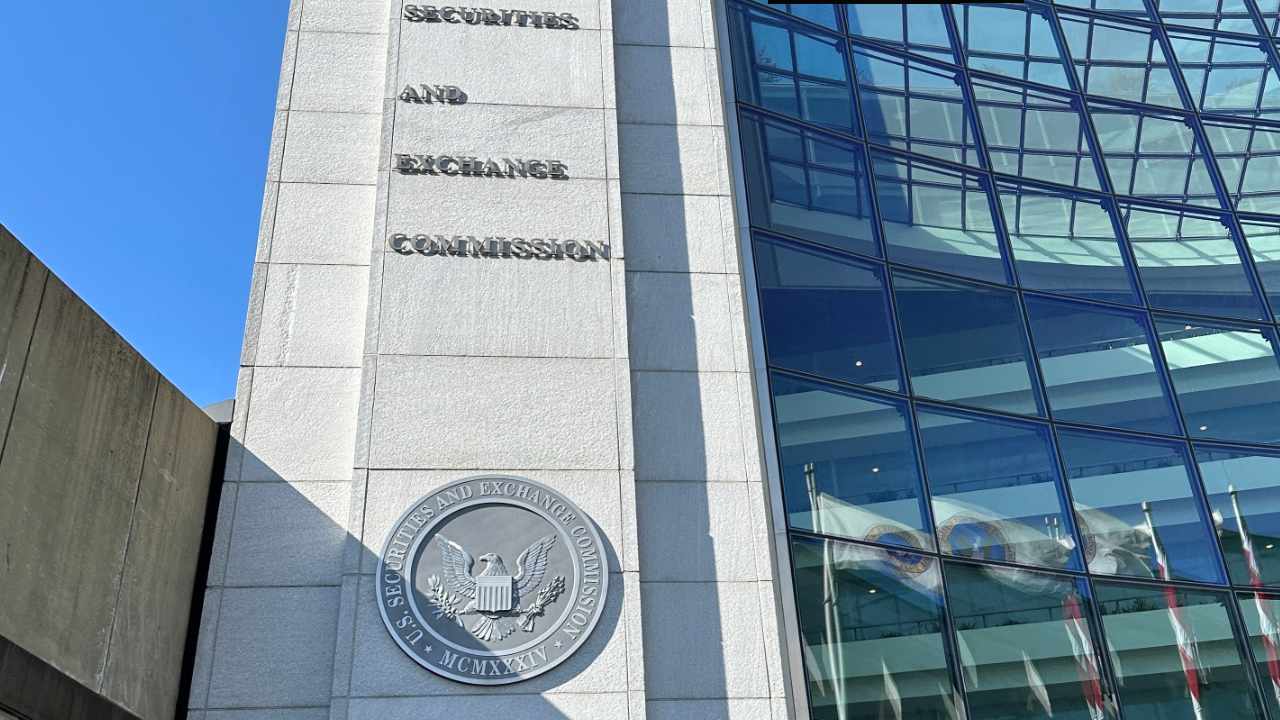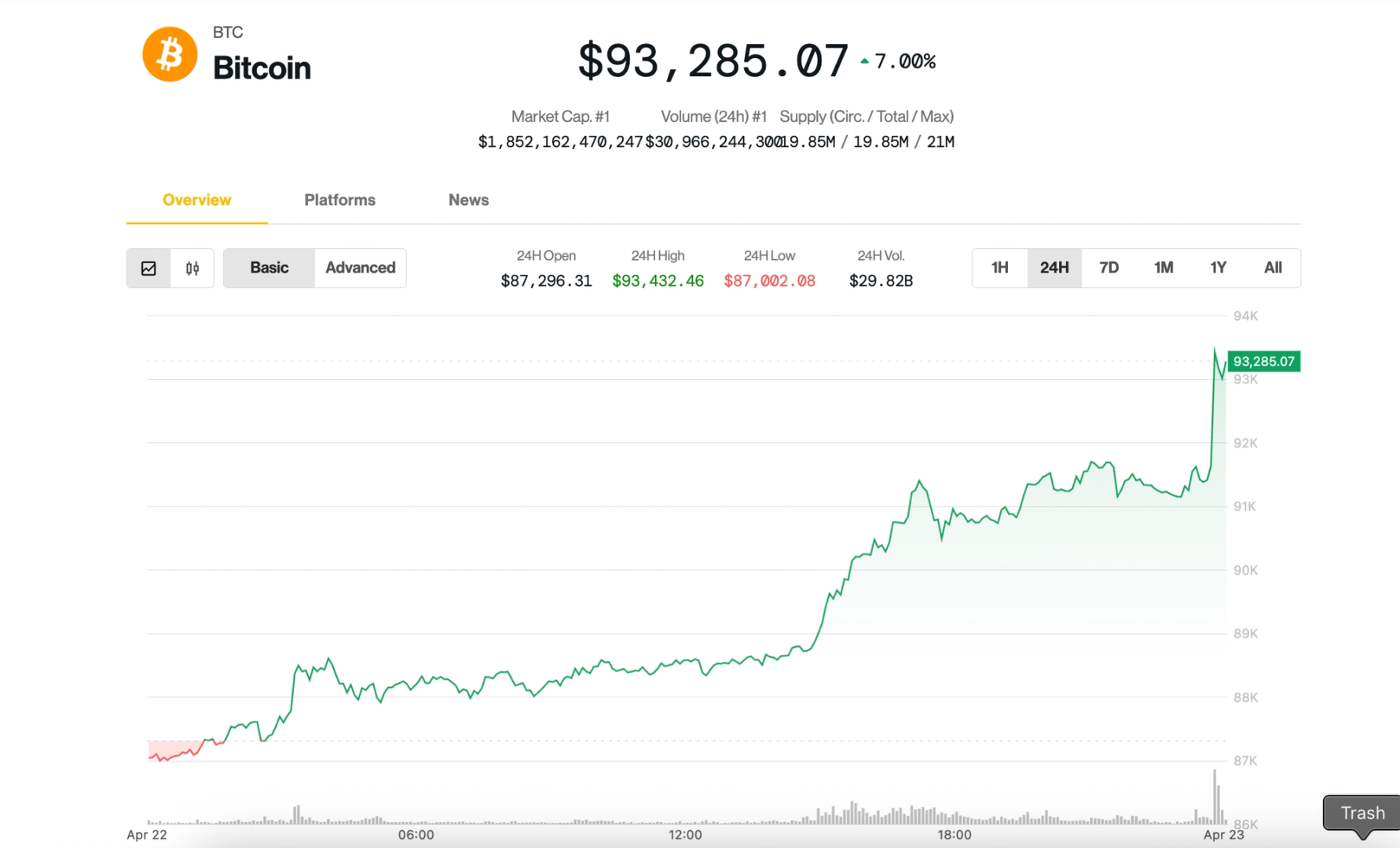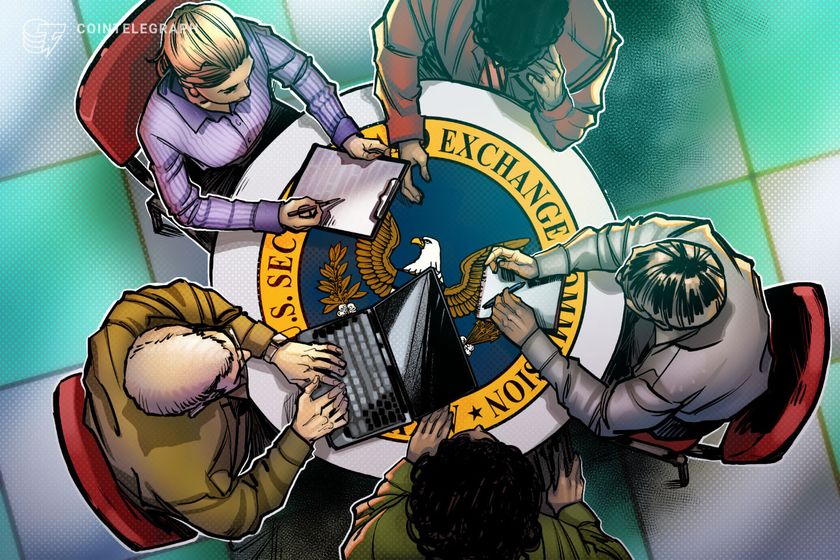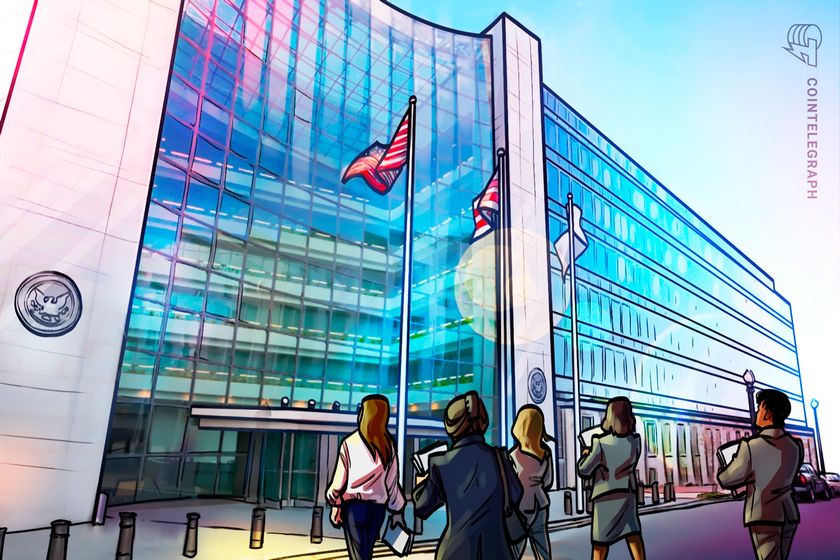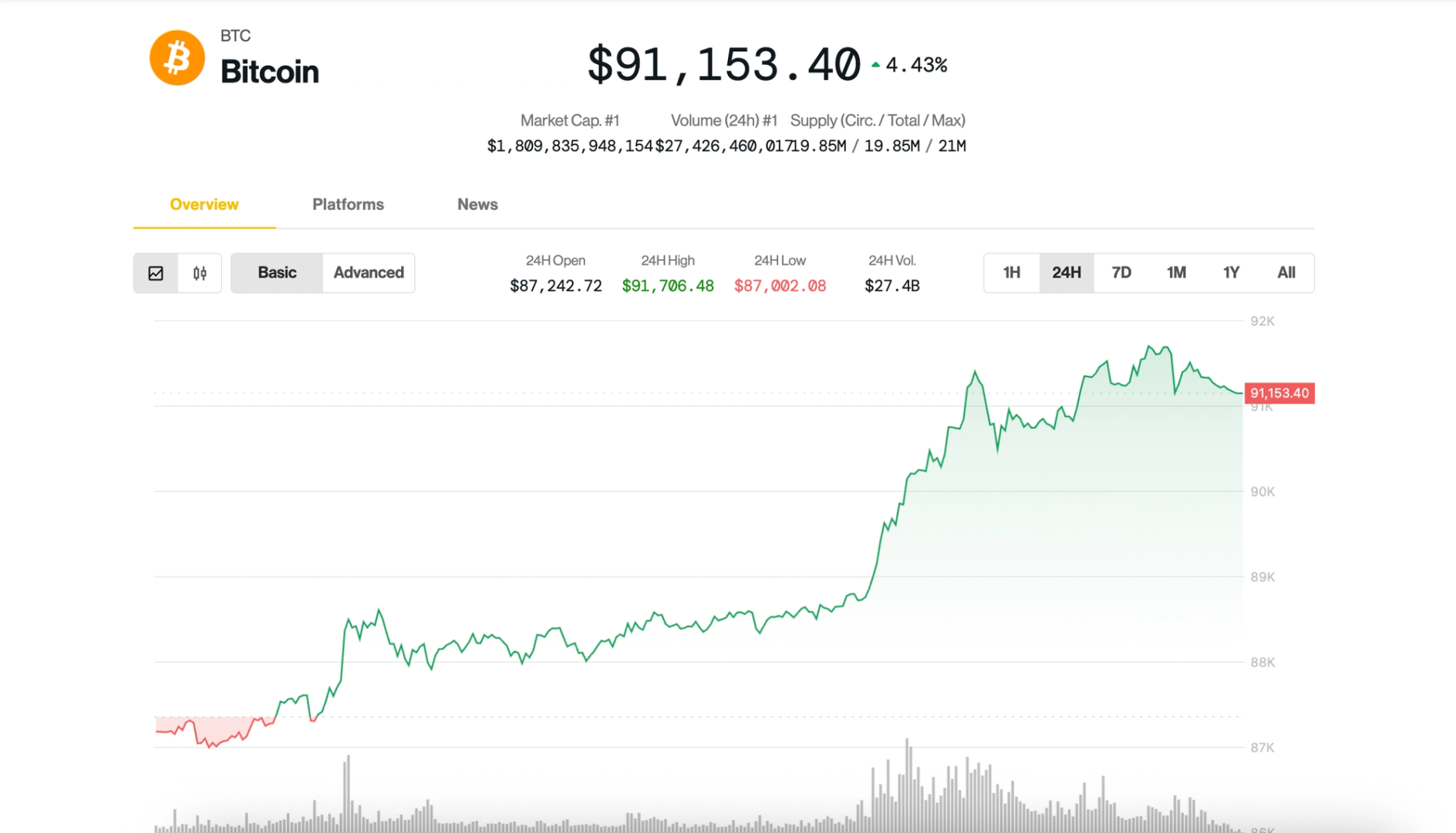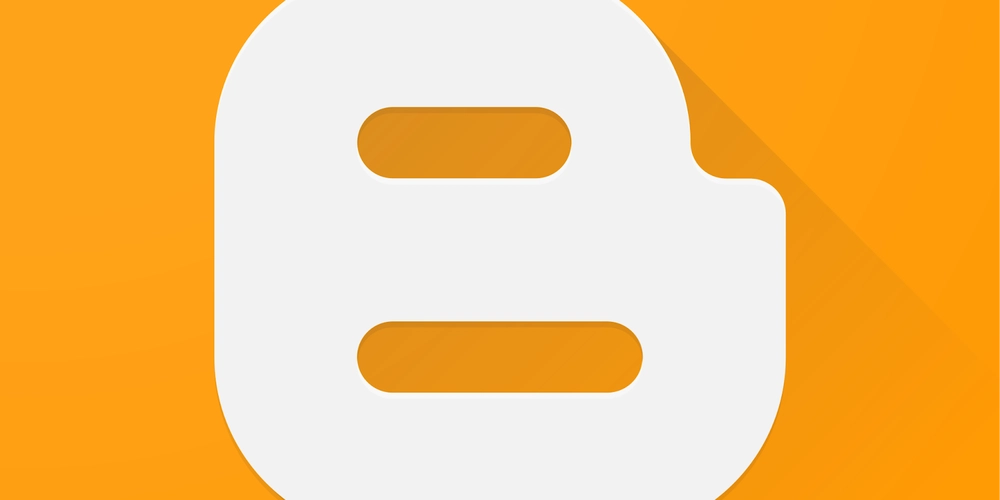20 Questions an IT Worker Needs to Ask Themselves to Know If AI Will Replace Them
AI is rapidly transforming the IT industry, automating routine tasks and redefining job roles. But does that mean your position is at risk? This 20-question self-assessment helps IT professionals understand their exposure to automation and identify opportunities to stay relevant in the age of AI. 1. Is most of my work repetitive or rule-based? AI thrives on structured, predictable tasks. If your role primarily involves following predefined steps without much variation, it may be at higher risk of automation. 2. Do I often make decisions based on pattern recognition? AI excels at identifying patterns in data. If your job involves tasks like analyzing logs, spotting trends, or categorizing information, consider how easily these could be automated. 3. How much of my work involves creative problem-solving? Roles that require novel thinking, experimentation, or coming up with solutions that haven’t been tried before are harder for AI to replace. 4. Do I write or maintain scripts that could be generated by AI? If your scripting tasks follow common patterns or are easy to describe, AI tools like Copilot or ChatGPT might already be capable of handling them. 5. Am I involved in business or product strategy? Strategic roles that require understanding organizational goals, balancing trade-offs, or working cross-functionally are more resistant to automation. 6. Do I regularly interact with stakeholders or end users? Human-centric communication, especially in complex or sensitive environments, remains a skill AI struggles with. Frequent interaction adds long-term value. 7. Have I adopted AI tools to enhance my workflow? Rather than resisting automation, embracing it boosts your relevance. If you're integrating AI into your daily tools, you're evolving with the tech instead of being replaced by it. 8. How adaptable am I to learning new technologies? Fast learners who regularly upskill are less likely to be left behind. If you haven’t taken on new tech in the past year, now’s the time to start. 9. Do I work in a niche or legacy system? Specialists in niche platforms may be protected in the short term — but be cautious. If there’s little innovation happening in that space, obsolescence is a risk. 10. Am I part of a team that drives innovation or just maintains systems? Maintaining legacy infrastructure is more vulnerable to automation or outsourcing. Innovation-driven teams are typically higher-value and less automatable. 11. Is my value based on institutional knowledge or transferrable skills? Deep knowledge of one company’s setup may not protect you long-term. Building skills that apply across industries improves your chances of adapting to change. 12. Do I understand how AI is impacting my industry? Staying informed about how AI is disrupting your sector helps you spot both threats and opportunities before they hit your role directly. 13. Am I involved in AI implementation or governance? If you’re helping your company adopt or regulate AI, you’re in a forward-facing role. These positions are often safer than those at risk of being displaced by the very systems being implemented. 14. Do I make high-level architectural or design decisions? Roles involving system architecture, long-term planning, or designing scalable solutions are less likely to be automated in the short term. 15. Could my job be done remotely with minimal supervision? Jobs that are location-independent and involve little oversight are more easily automated or outsourced — especially if they’re repetitive in nature. 16. Do I monitor systems and escalate only when alerts fire? Monitoring-only roles are increasingly being automated with AI-powered observability and auto-remediation tools. Consider how much you’re adding beyond the alert. 17. How much do I rely on documentation and standard procedures? Heavily documented and standardized roles are easier for AI to learn and replicate. Flexibility and judgment call roles are harder to automate. 18. Do I contribute to cross-functional projects or stay in a silo? Siloed roles that don’t require collaboration are more vulnerable. If you work with product, design, or marketing, you bring a broader perspective AI can’t replicate easily. 19. Am I responsible for mentoring or training others? Leadership, teaching, and mentoring are deeply human functions. If your role involves developing talent, you’re likely contributing value AI cannot replace (yet). 20. Would I hire someone to do my job exactly as I do it today? This is the gut-check question. If the answer is no — because a tool or AI model could do it better or cheaper — you may be at risk. If yes, you’re probably still delivering unique value. Conclusion AI is reshaping IT, but it’s not a blanket replacement. It's automating tasks, not eliminating entire professions. The key to future-proofing your career lies in creativity, adaptability, and strategic thinking. Ask yourself these 20 questions regularly — and be ready

AI is rapidly transforming the IT industry, automating routine tasks and redefining job roles. But does that mean your position is at risk? This 20-question self-assessment helps IT professionals understand their exposure to automation and identify opportunities to stay relevant in the age of AI.
1. Is most of my work repetitive or rule-based?
AI thrives on structured, predictable tasks. If your role primarily involves following predefined steps without much variation, it may be at higher risk of automation.
2. Do I often make decisions based on pattern recognition?
AI excels at identifying patterns in data. If your job involves tasks like analyzing logs, spotting trends, or categorizing information, consider how easily these could be automated.
3. How much of my work involves creative problem-solving?
Roles that require novel thinking, experimentation, or coming up with solutions that haven’t been tried before are harder for AI to replace.
4. Do I write or maintain scripts that could be generated by AI?
If your scripting tasks follow common patterns or are easy to describe, AI tools like Copilot or ChatGPT might already be capable of handling them.
5. Am I involved in business or product strategy?
Strategic roles that require understanding organizational goals, balancing trade-offs, or working cross-functionally are more resistant to automation.
6. Do I regularly interact with stakeholders or end users?
Human-centric communication, especially in complex or sensitive environments, remains a skill AI struggles with. Frequent interaction adds long-term value.
7. Have I adopted AI tools to enhance my workflow?
Rather than resisting automation, embracing it boosts your relevance. If you're integrating AI into your daily tools, you're evolving with the tech instead of being replaced by it.
8. How adaptable am I to learning new technologies?
Fast learners who regularly upskill are less likely to be left behind. If you haven’t taken on new tech in the past year, now’s the time to start.
9. Do I work in a niche or legacy system?
Specialists in niche platforms may be protected in the short term — but be cautious. If there’s little innovation happening in that space, obsolescence is a risk.
10. Am I part of a team that drives innovation or just maintains systems?
Maintaining legacy infrastructure is more vulnerable to automation or outsourcing. Innovation-driven teams are typically higher-value and less automatable.
11. Is my value based on institutional knowledge or transferrable skills?
Deep knowledge of one company’s setup may not protect you long-term. Building skills that apply across industries improves your chances of adapting to change.
12. Do I understand how AI is impacting my industry?
Staying informed about how AI is disrupting your sector helps you spot both threats and opportunities before they hit your role directly.
13. Am I involved in AI implementation or governance?
If you’re helping your company adopt or regulate AI, you’re in a forward-facing role. These positions are often safer than those at risk of being displaced by the very systems being implemented.
14. Do I make high-level architectural or design decisions?
Roles involving system architecture, long-term planning, or designing scalable solutions are less likely to be automated in the short term.
15. Could my job be done remotely with minimal supervision?
Jobs that are location-independent and involve little oversight are more easily automated or outsourced — especially if they’re repetitive in nature.
16. Do I monitor systems and escalate only when alerts fire?
Monitoring-only roles are increasingly being automated with AI-powered observability and auto-remediation tools. Consider how much you’re adding beyond the alert.
17. How much do I rely on documentation and standard procedures?
Heavily documented and standardized roles are easier for AI to learn and replicate. Flexibility and judgment call roles are harder to automate.
18. Do I contribute to cross-functional projects or stay in a silo?
Siloed roles that don’t require collaboration are more vulnerable. If you work with product, design, or marketing, you bring a broader perspective AI can’t replicate easily.
19. Am I responsible for mentoring or training others?
Leadership, teaching, and mentoring are deeply human functions. If your role involves developing talent, you’re likely contributing value AI cannot replace (yet).
20. Would I hire someone to do my job exactly as I do it today?
This is the gut-check question. If the answer is no — because a tool or AI model could do it better or cheaper — you may be at risk. If yes, you’re probably still delivering unique value.
Conclusion
AI is reshaping IT, but it’s not a blanket replacement. It's automating tasks, not eliminating entire professions. The key to future-proofing your career lies in creativity, adaptability, and strategic thinking. Ask yourself these 20 questions regularly — and be ready to pivot when needed.
If this article gave you perspective, you can support me here: buymeacoffee.com/hexshift















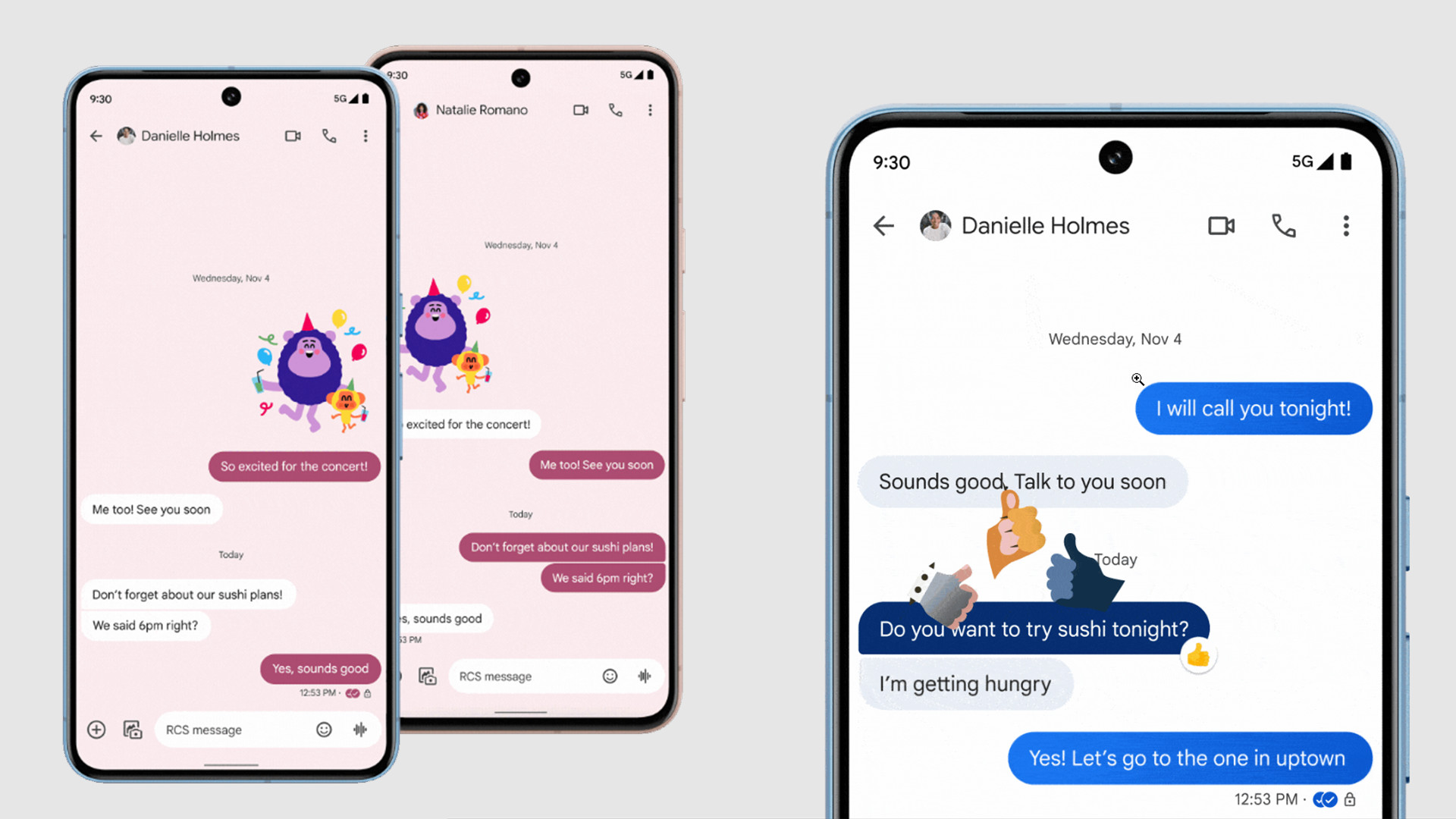
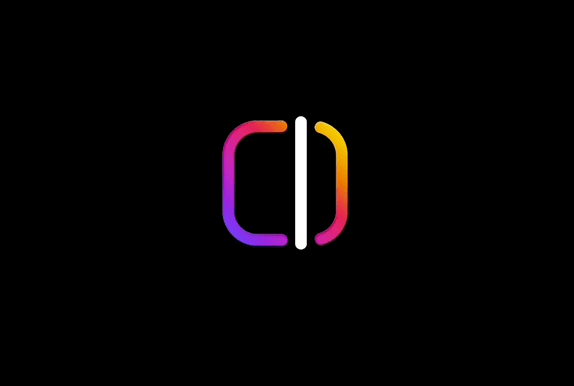

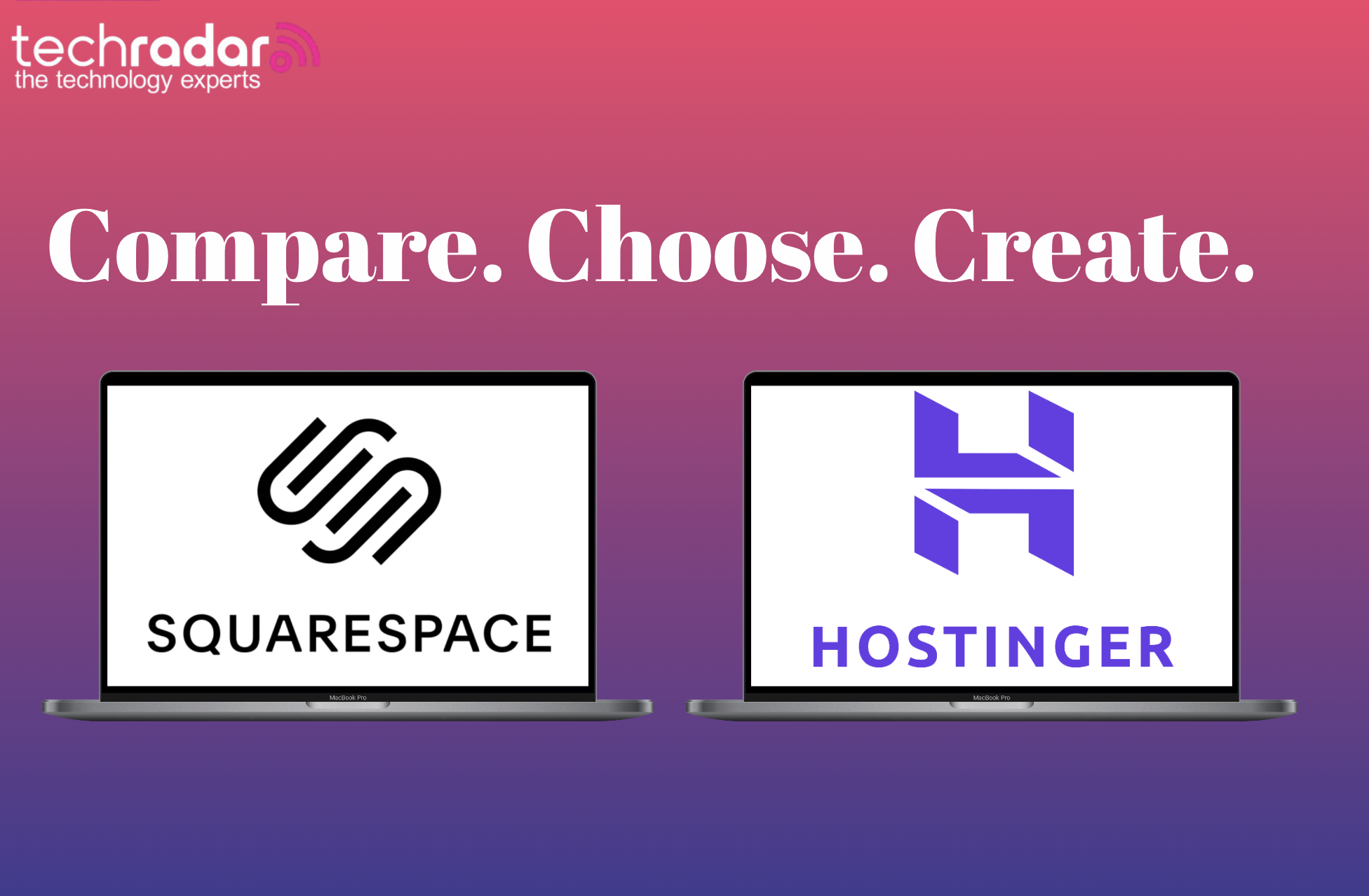























































































































































![[The AI Show Episode 144]: ChatGPT’s New Memory, Shopify CEO’s Leaked “AI First” Memo, Google Cloud Next Releases, o3 and o4-mini Coming Soon & Llama 4’s Rocky Launch](https://www.marketingaiinstitute.com/hubfs/ep%20144%20cover.png)










































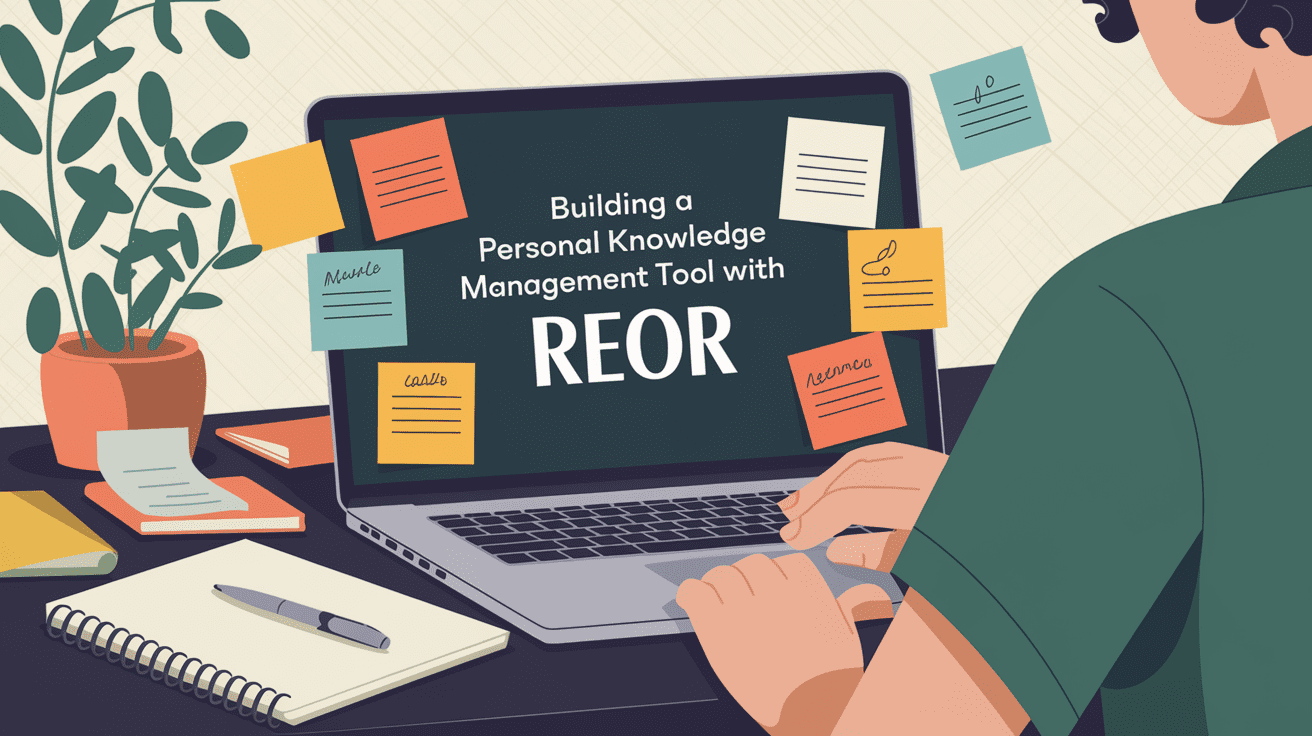






































































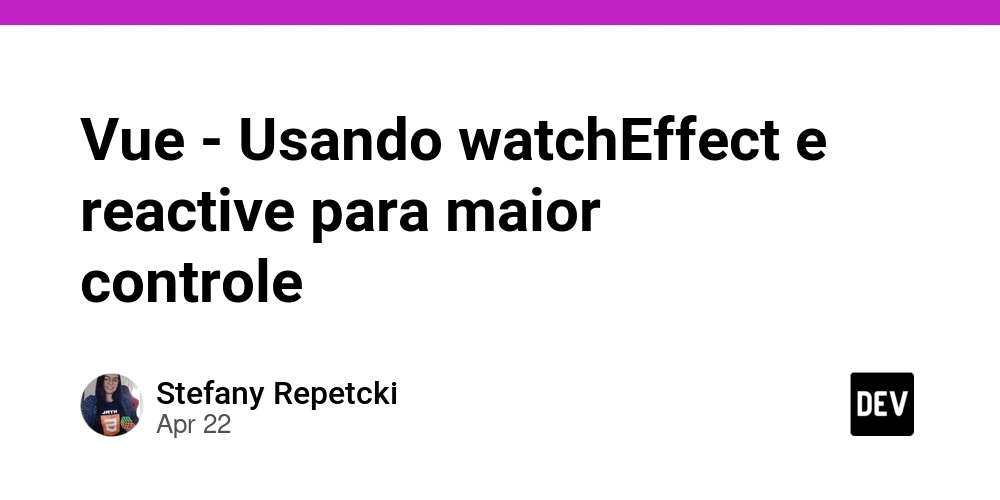
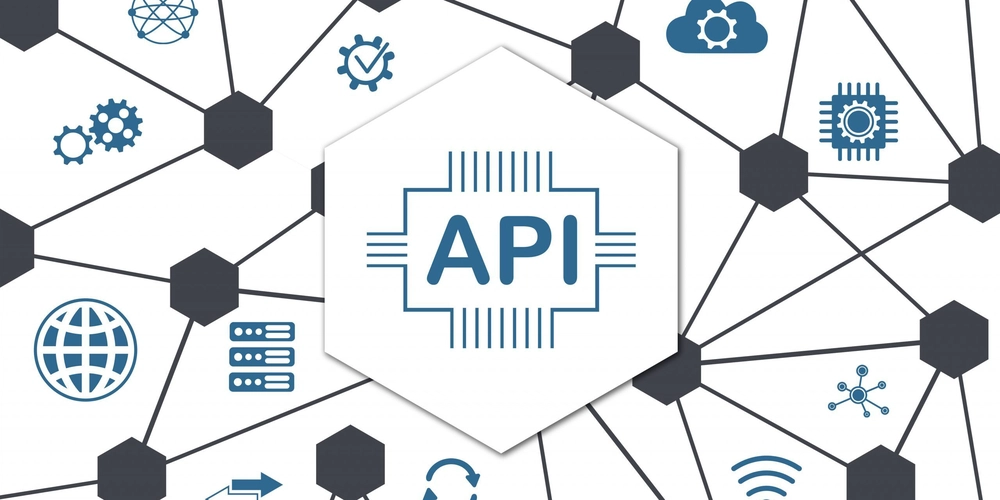
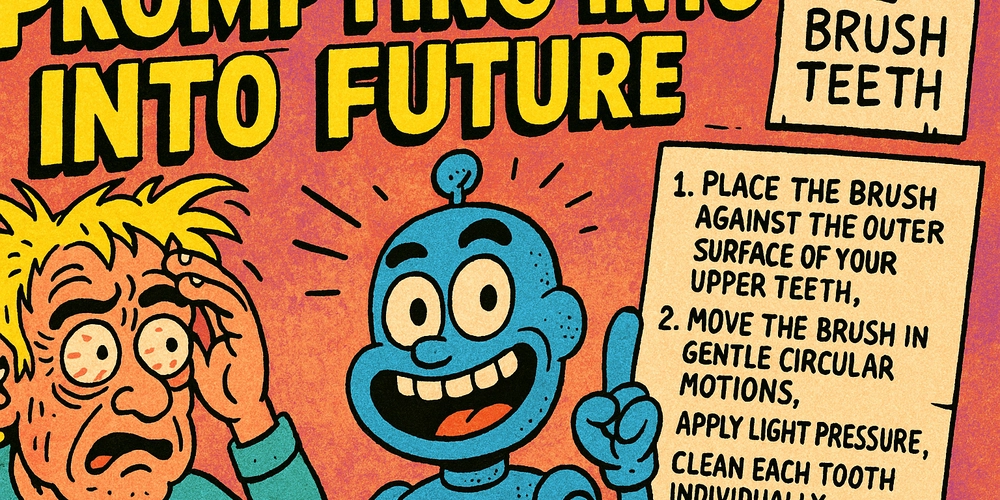






































![BPMN-procesmodellering [closed]](https://i.sstatic.net/l7l8q49F.png)





























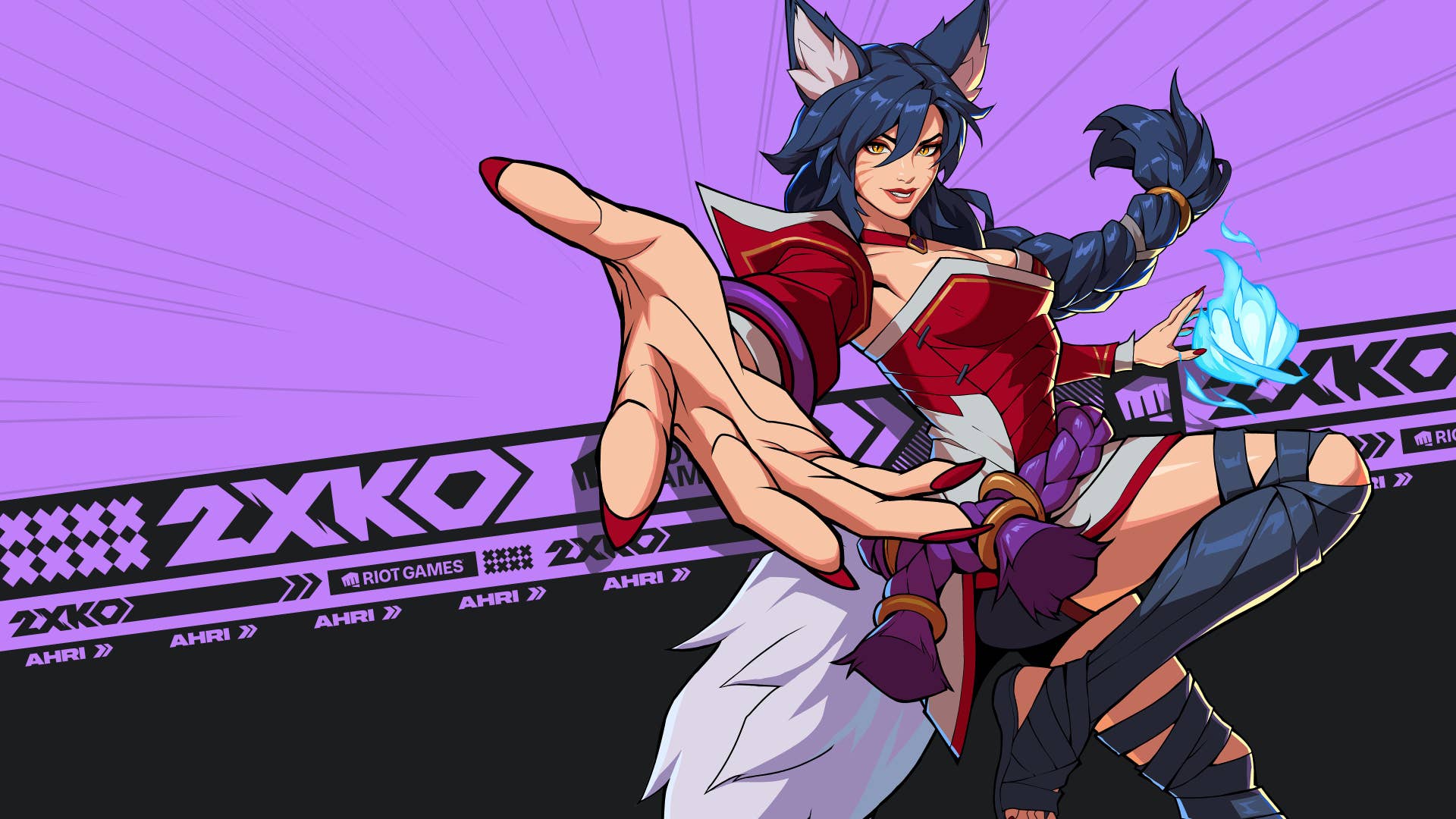
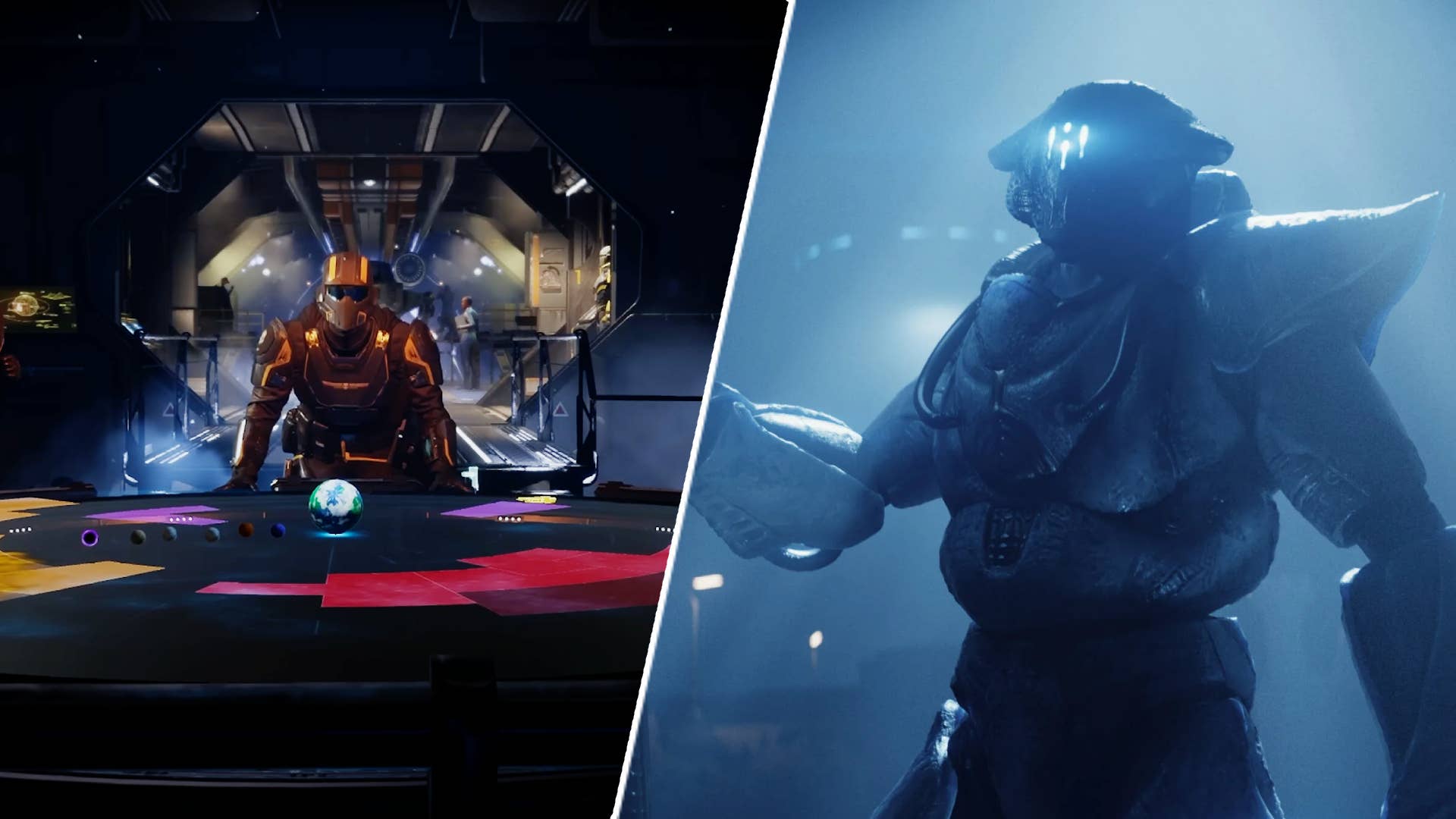







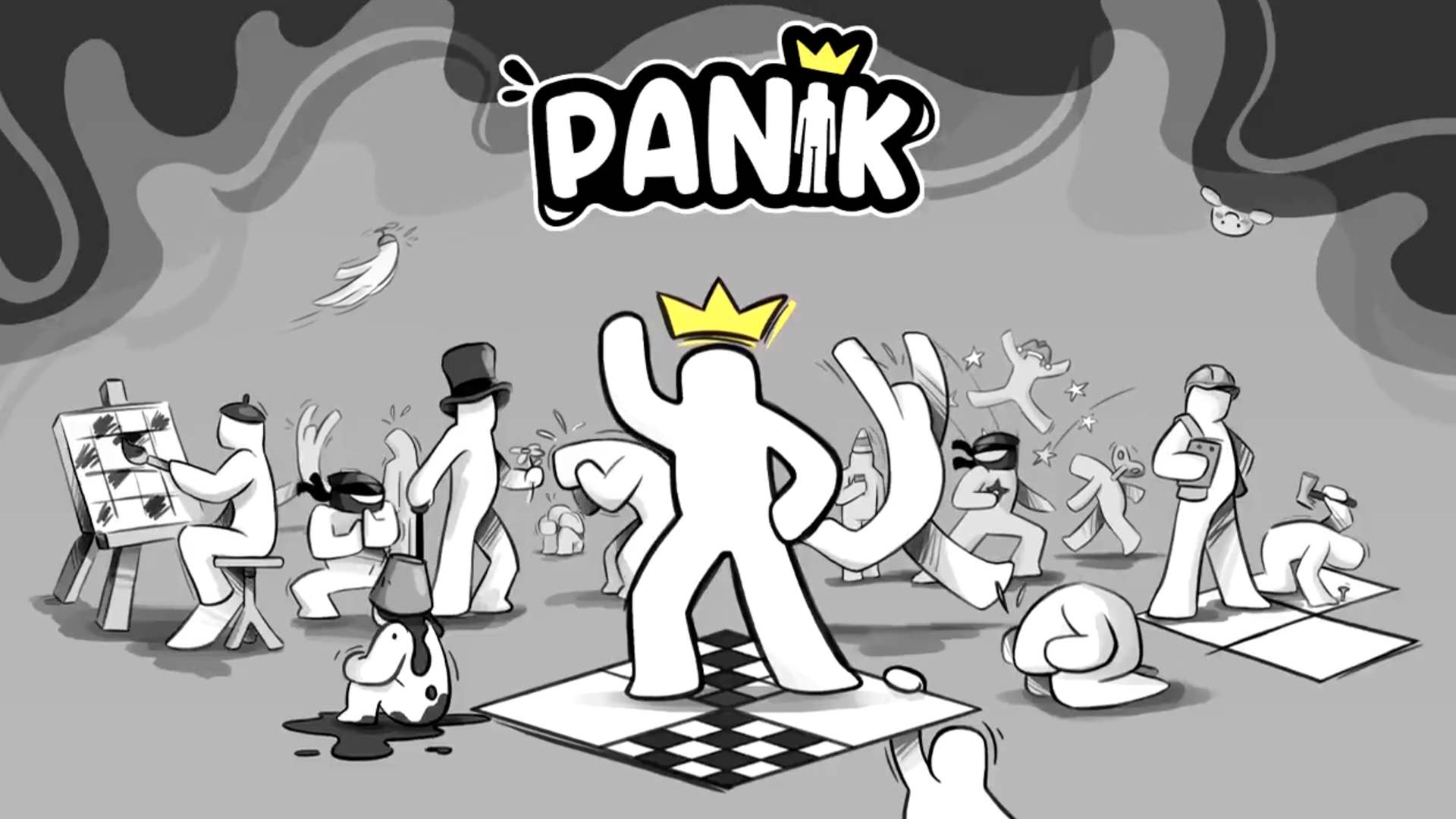
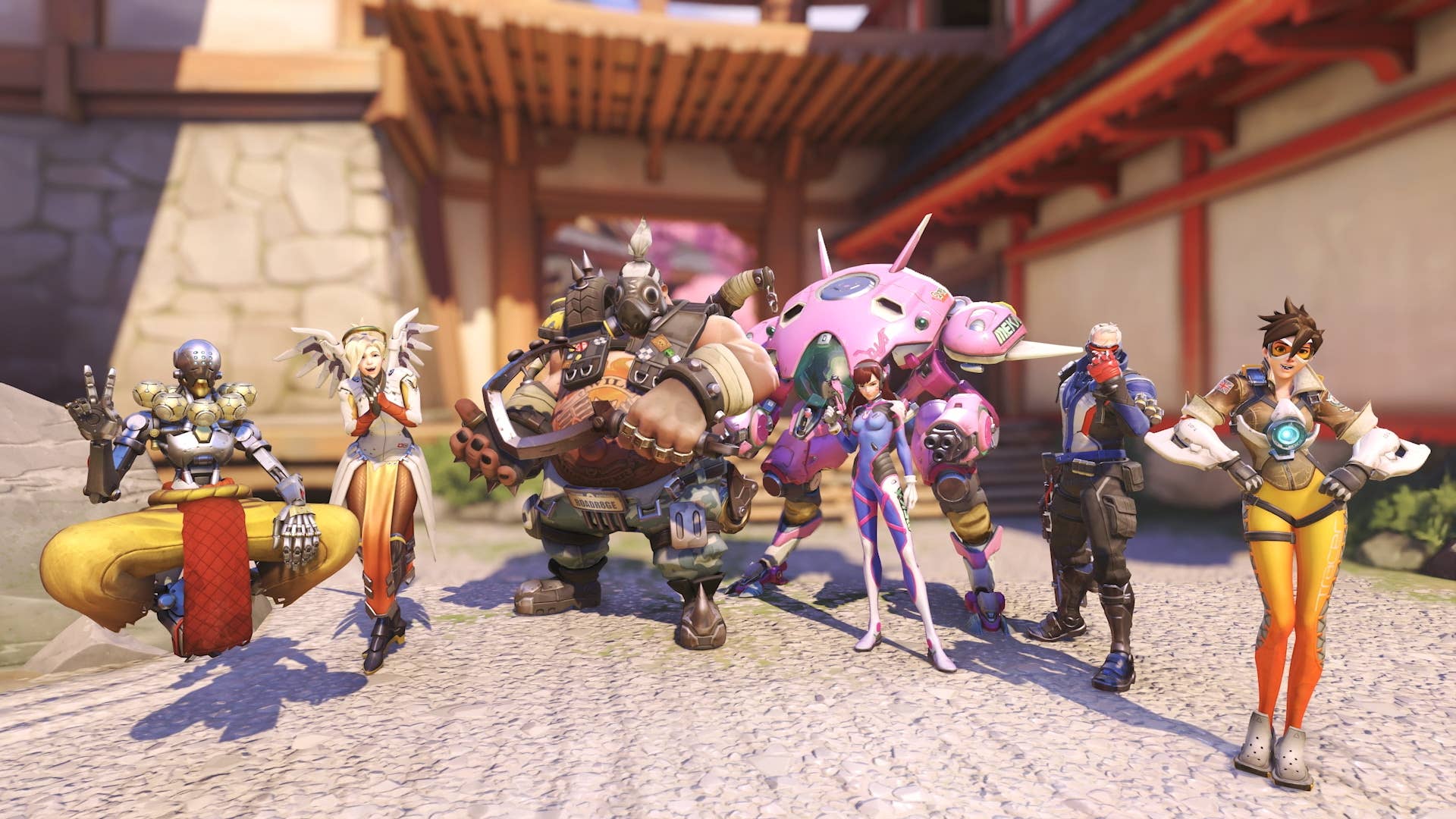






















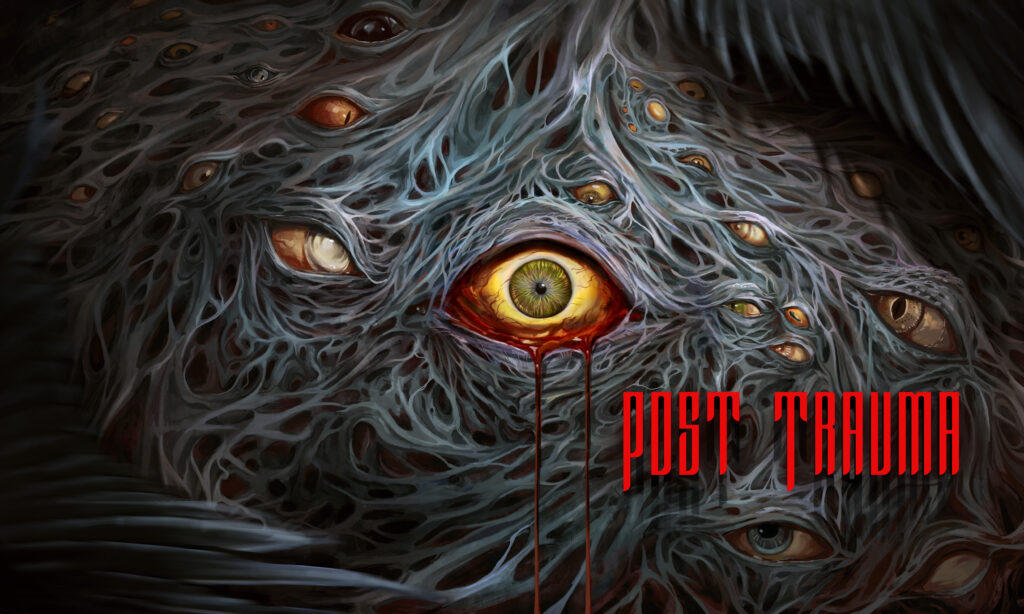






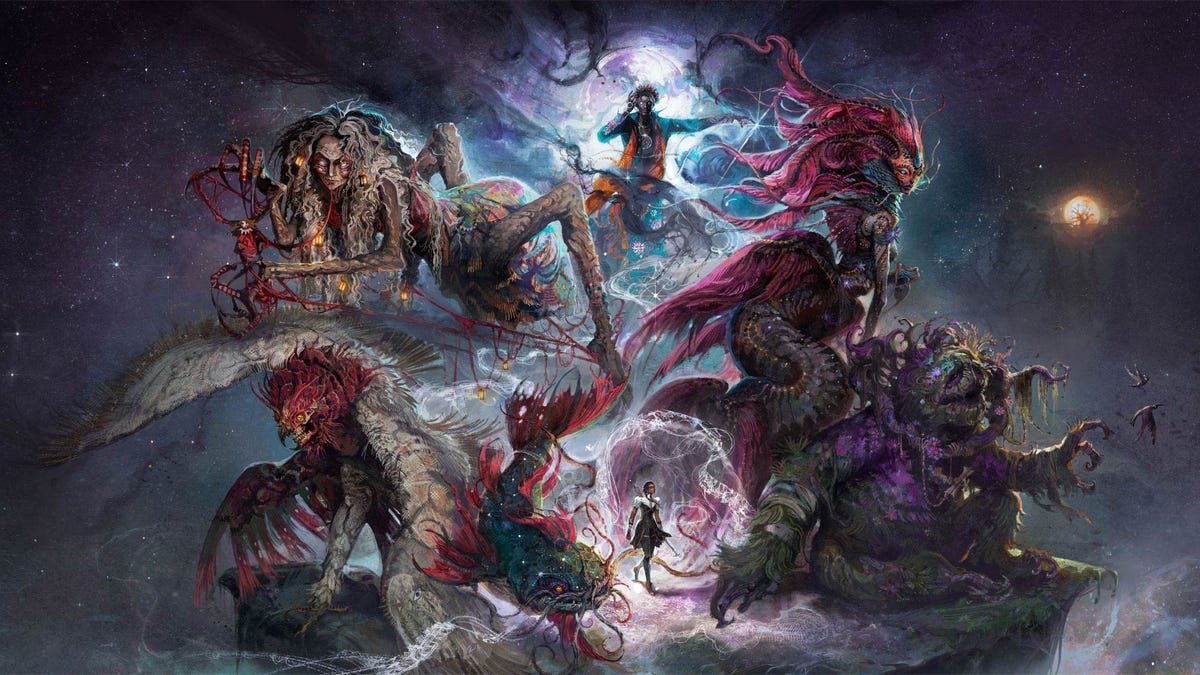
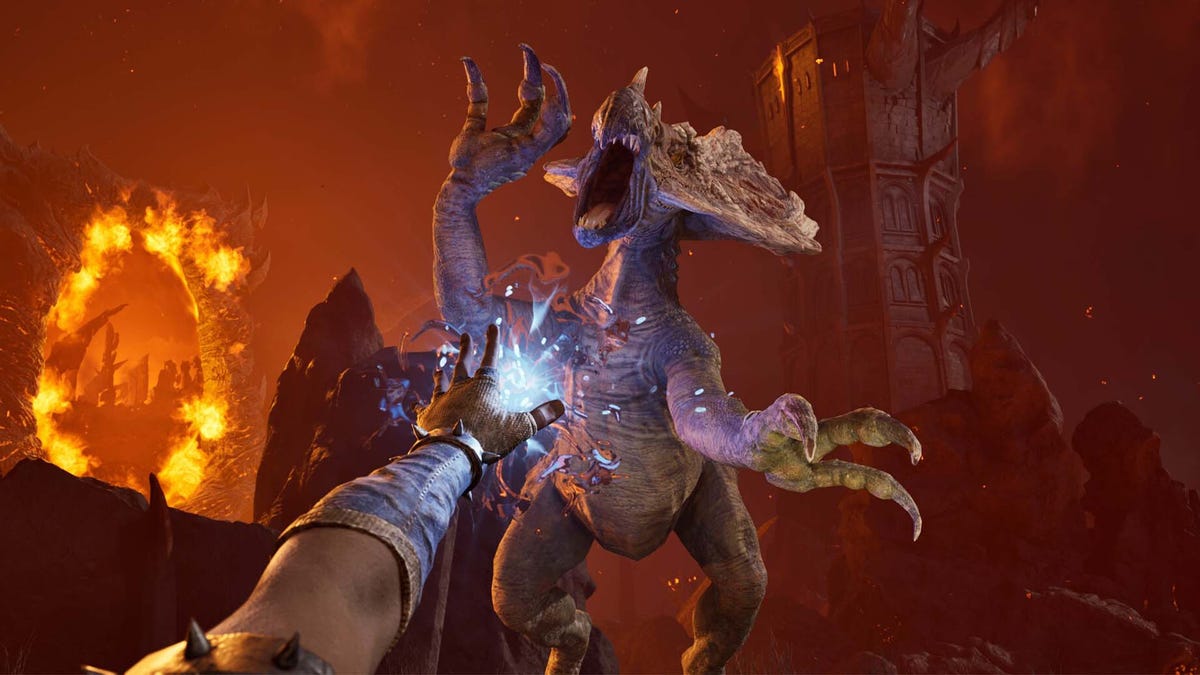
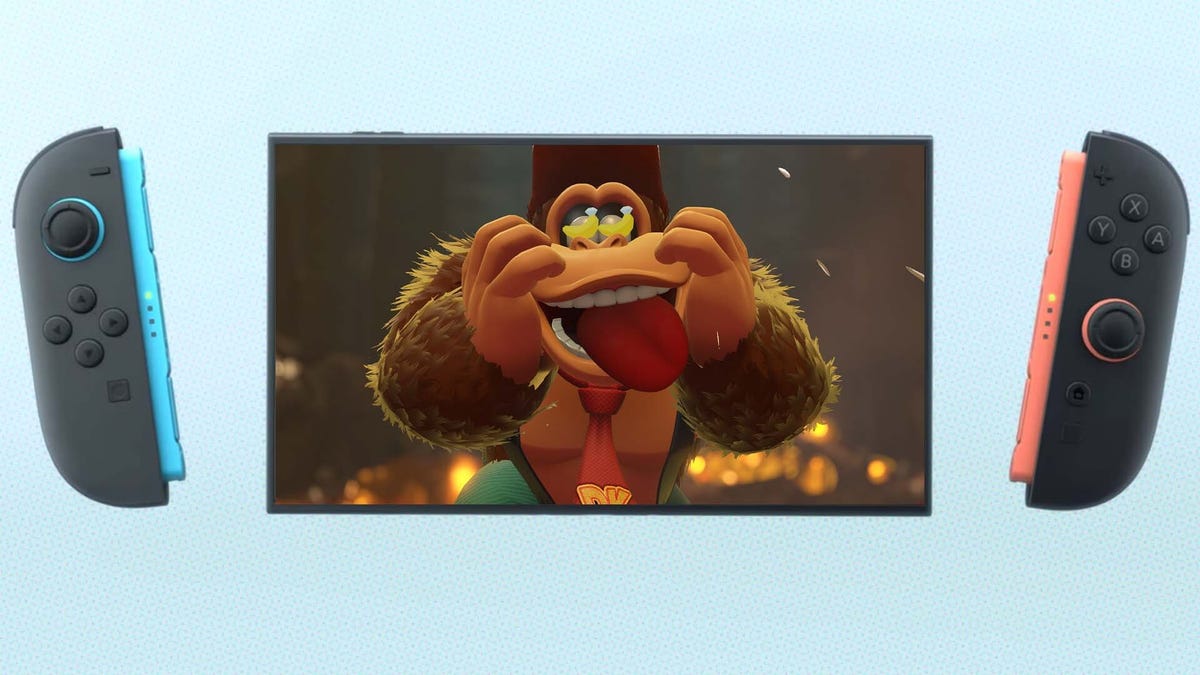













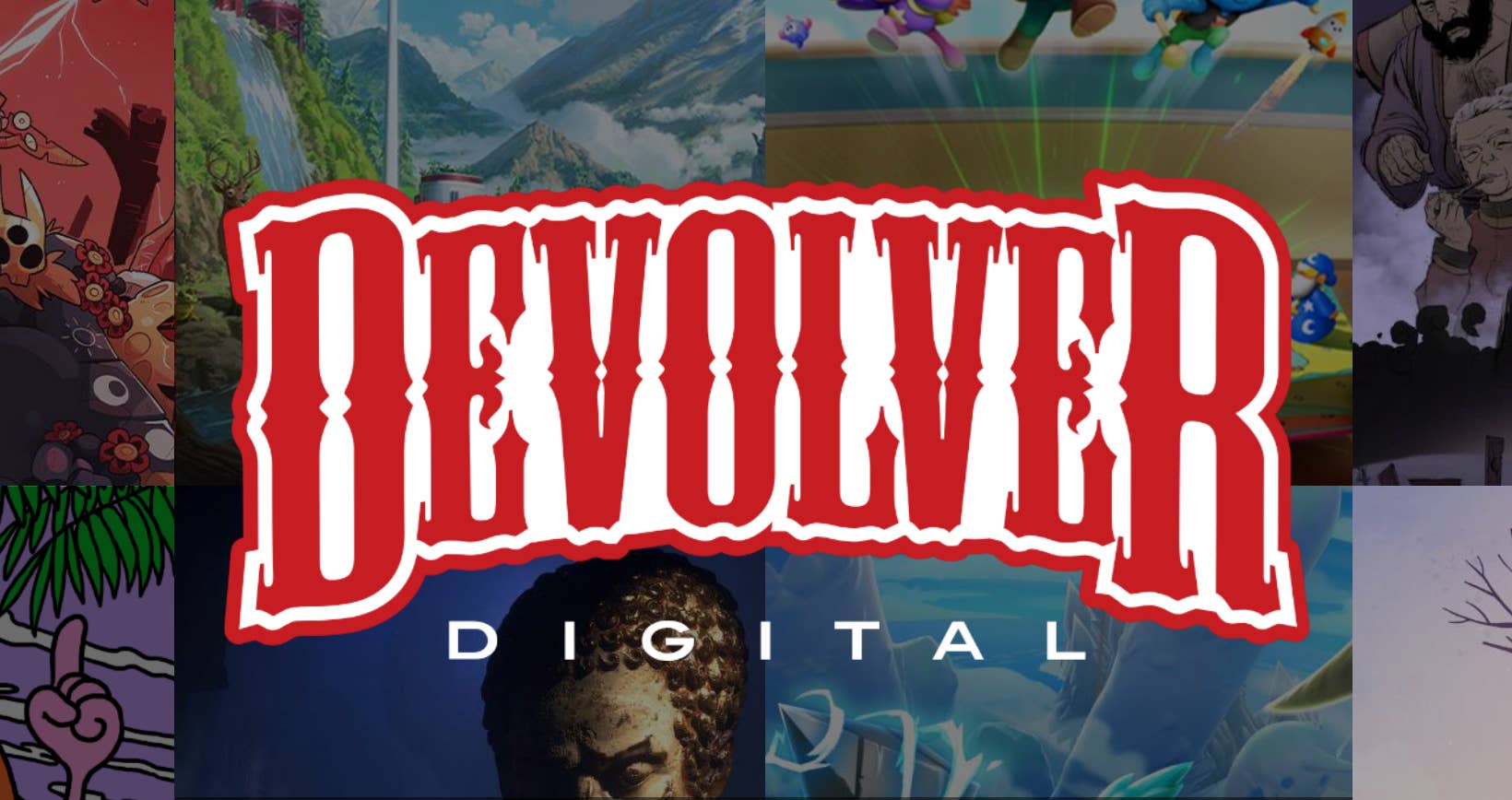
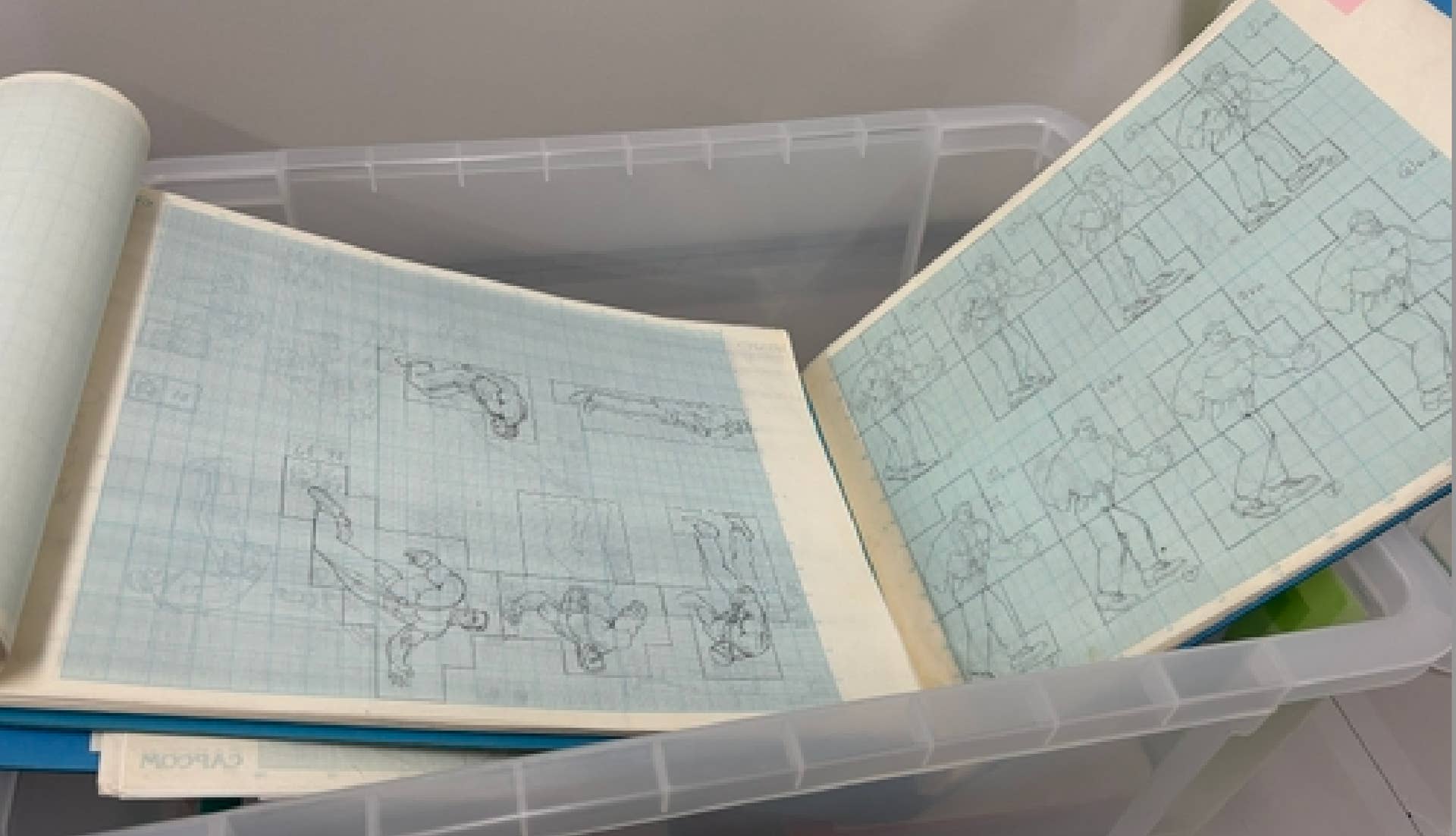



-All-will-be-revealed-00-35-05.png?width=1920&height=1920&fit=bounds&quality=70&format=jpg&auto=webp#)
-All-will-be-revealed-00-17-36.png?width=1920&height=1920&fit=bounds&quality=70&format=jpg&auto=webp#)












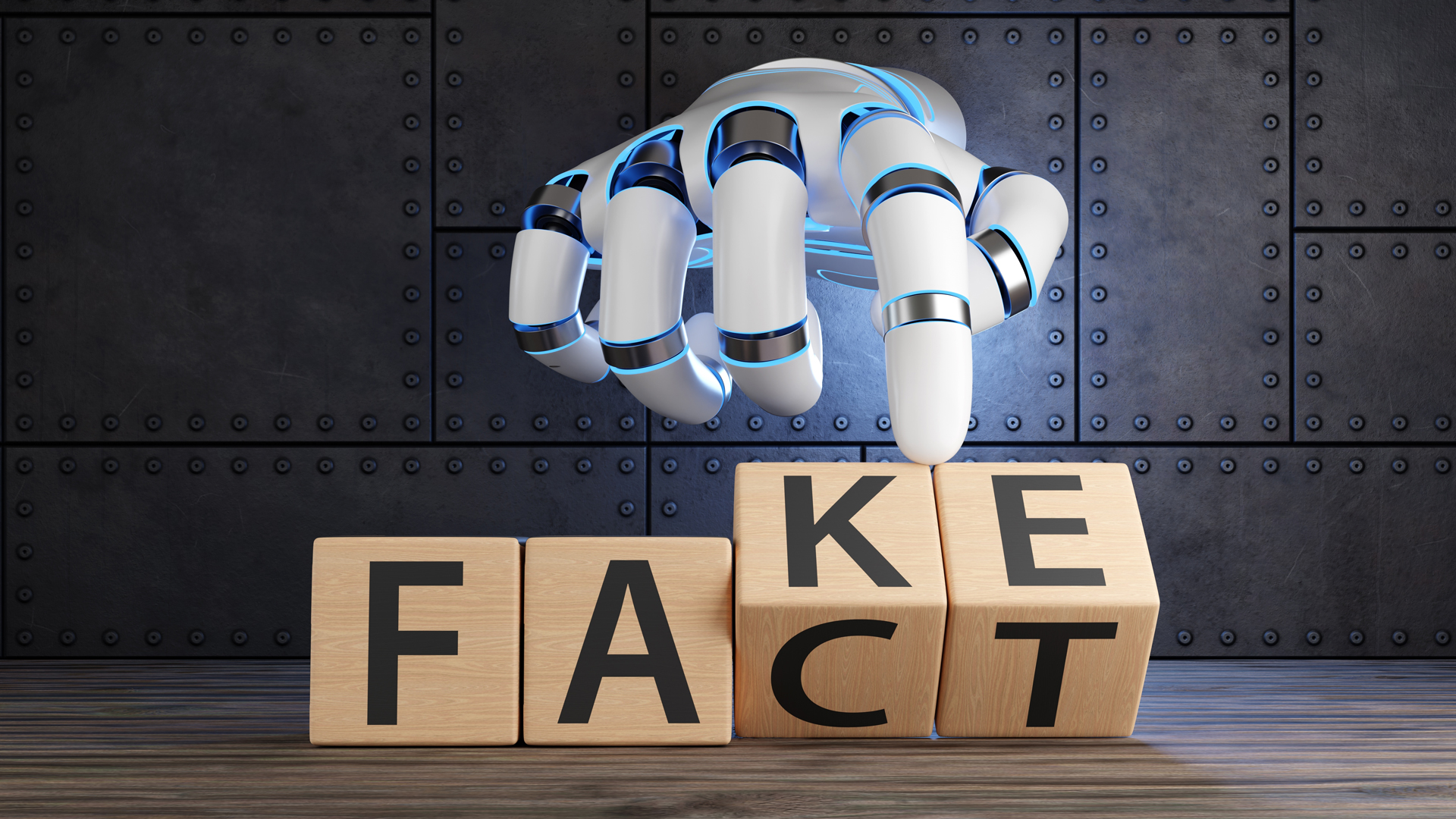
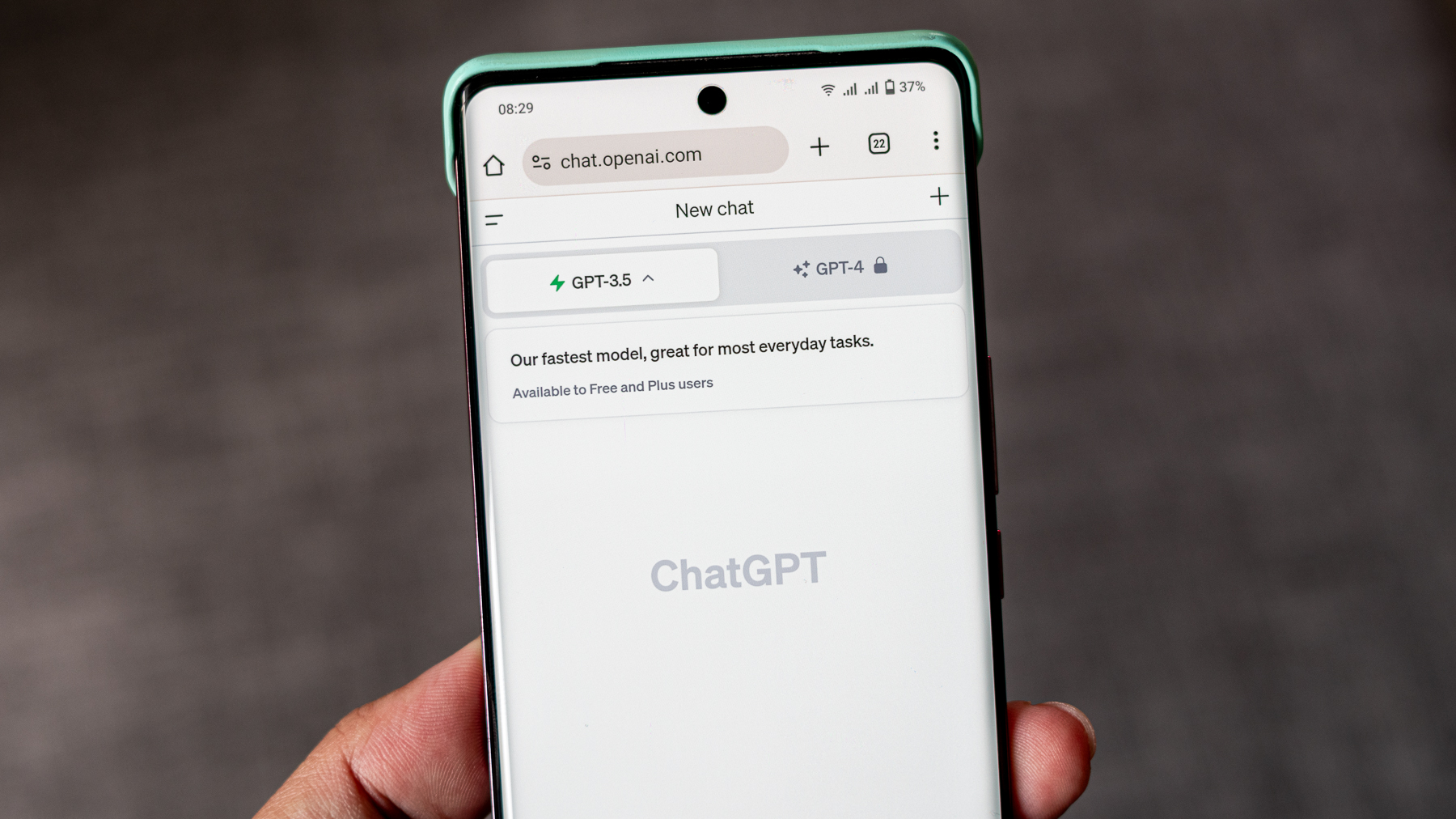











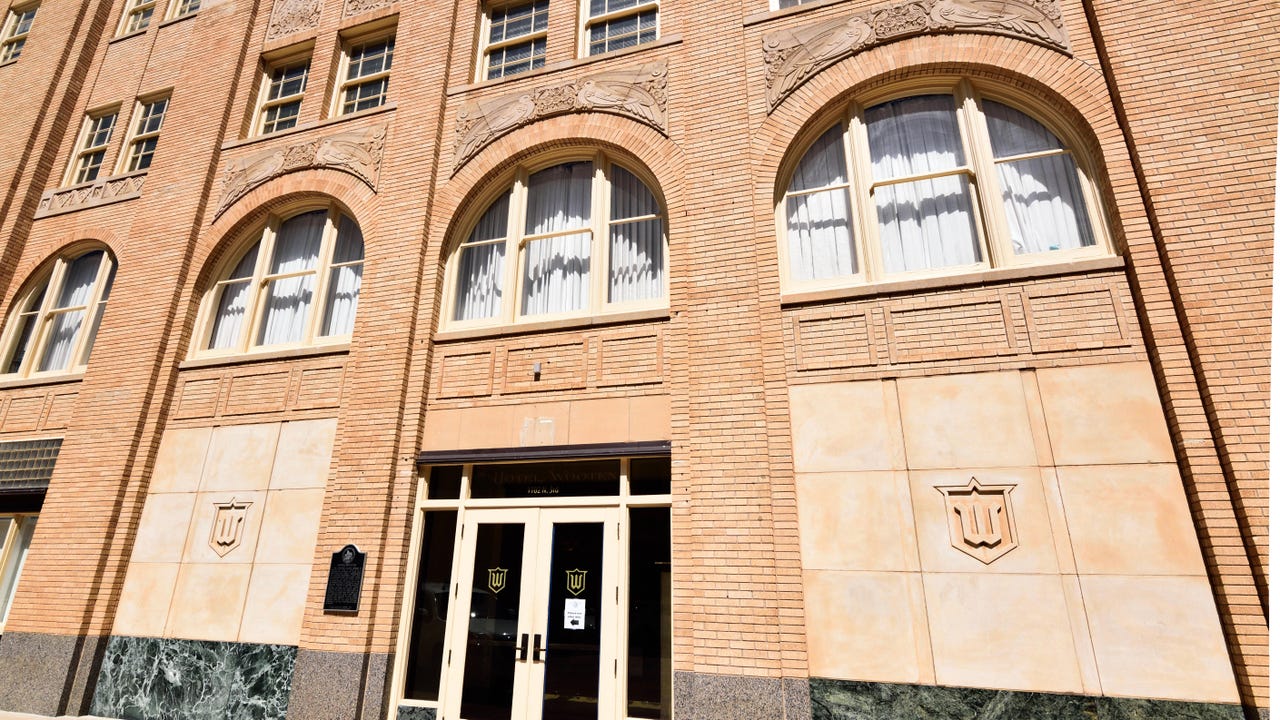









































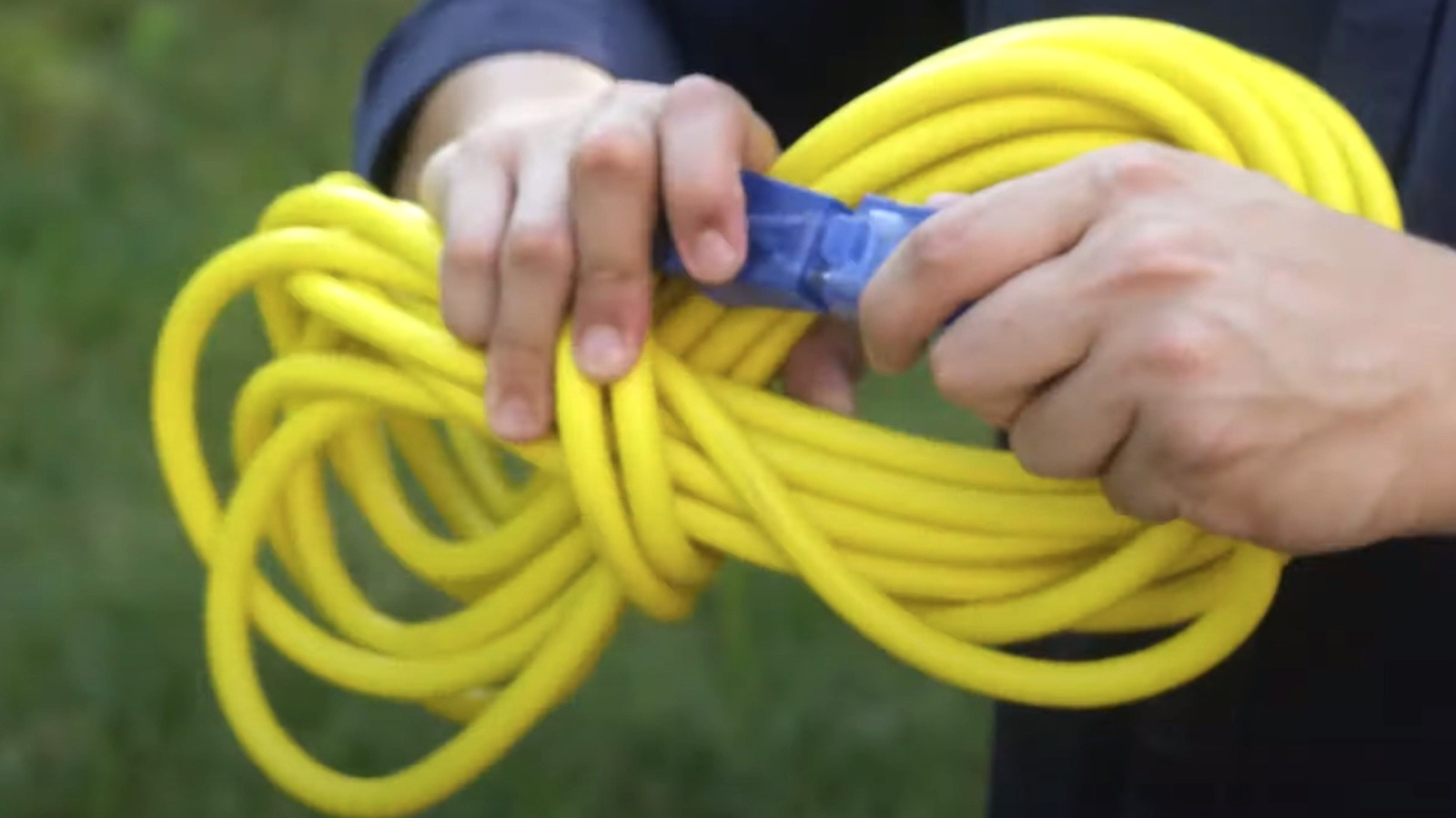

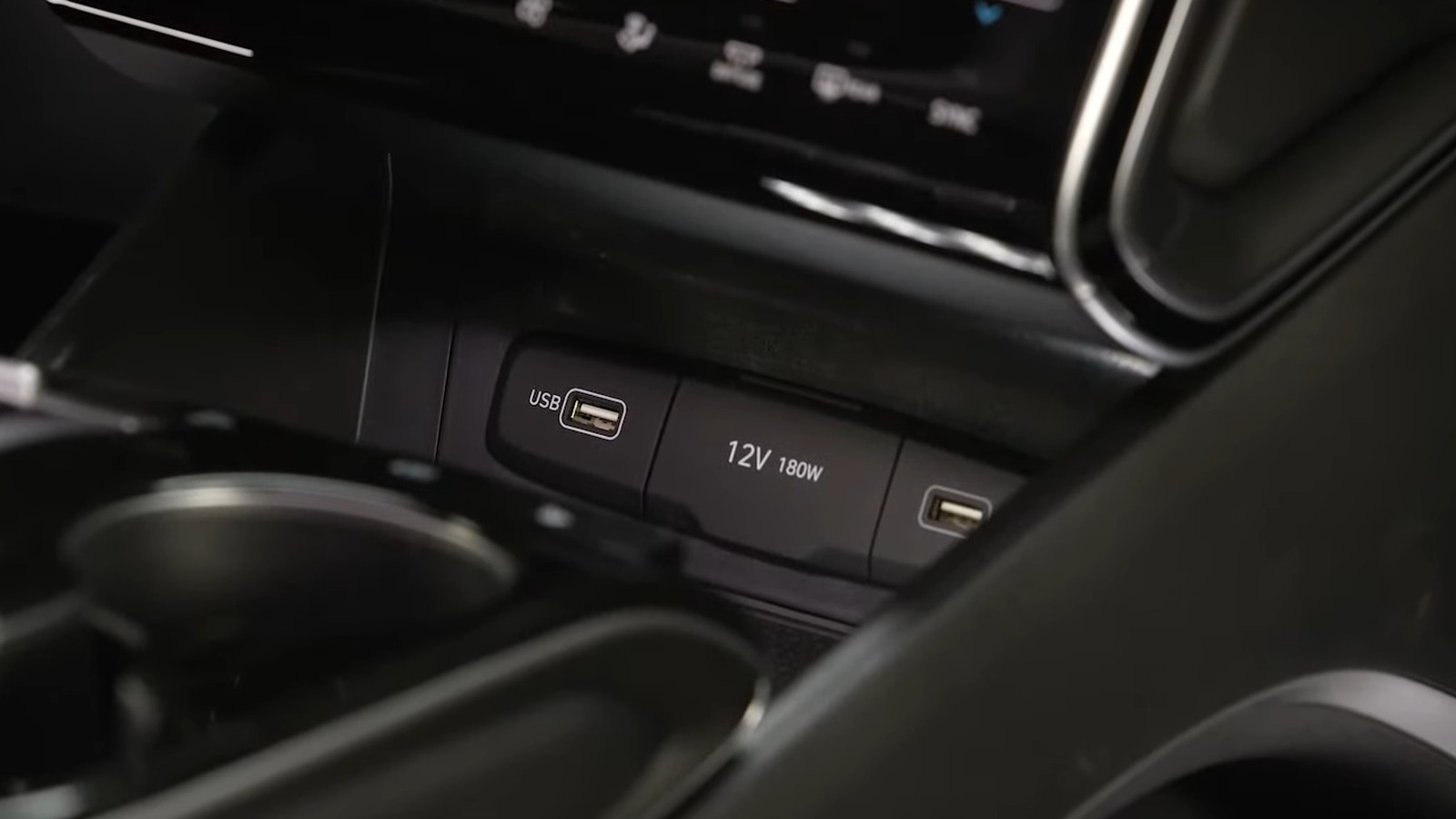










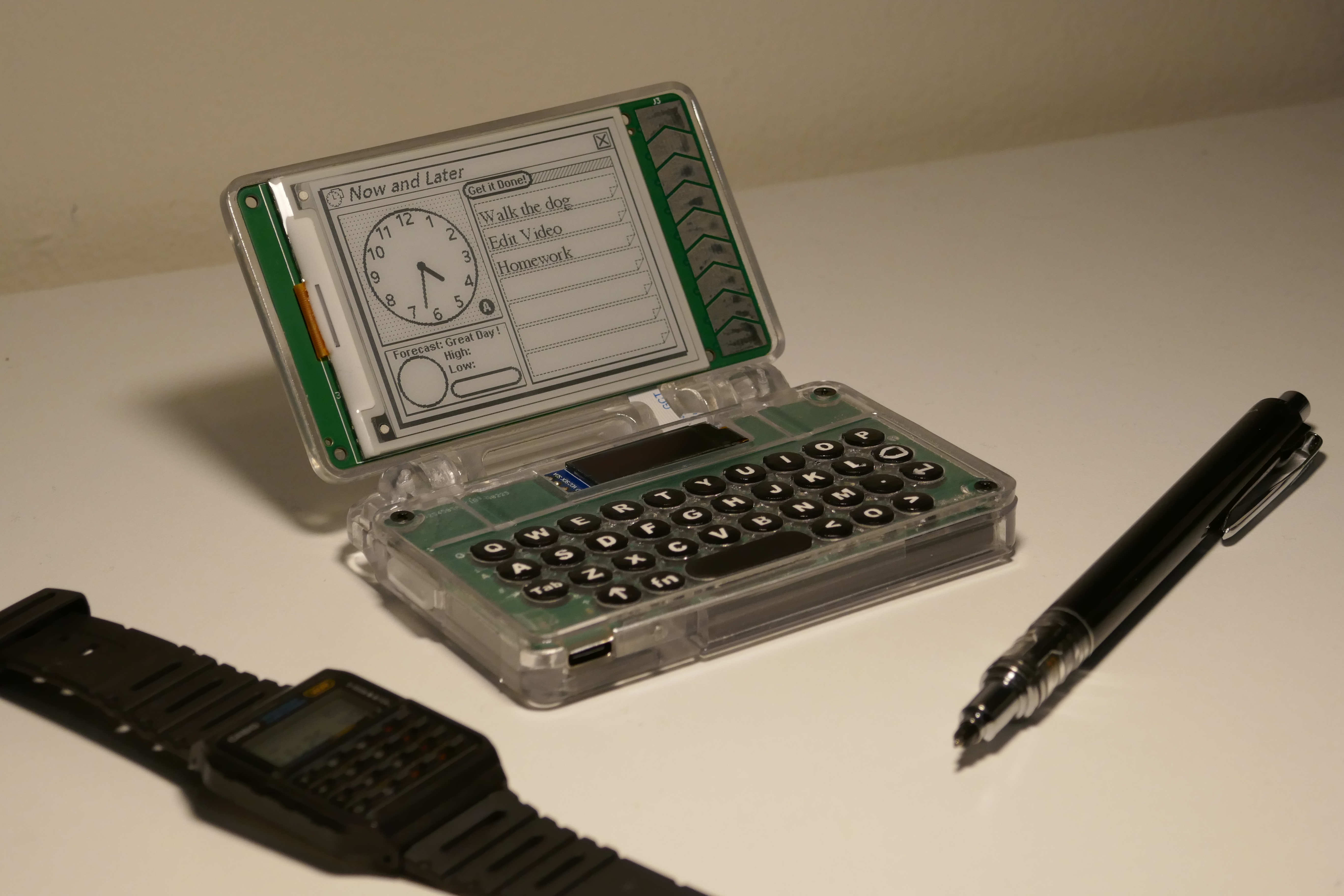
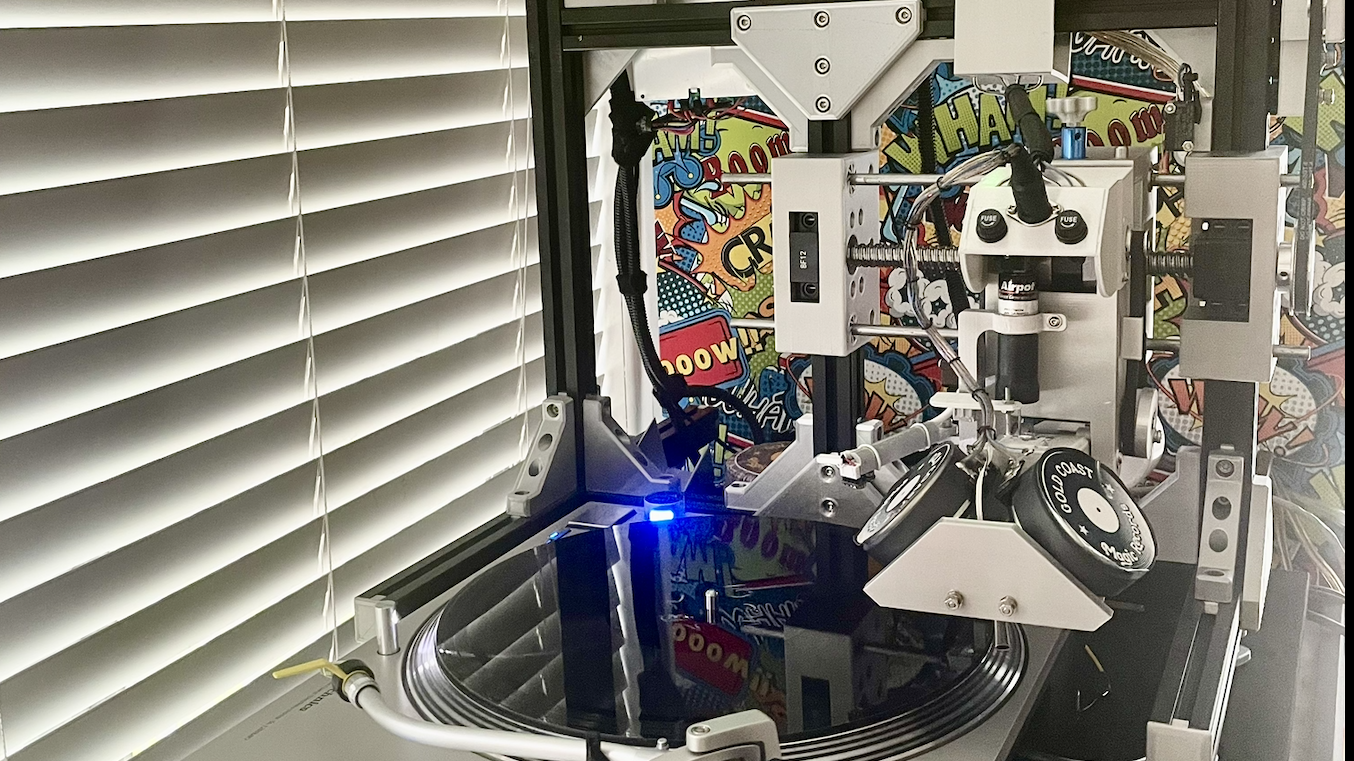






















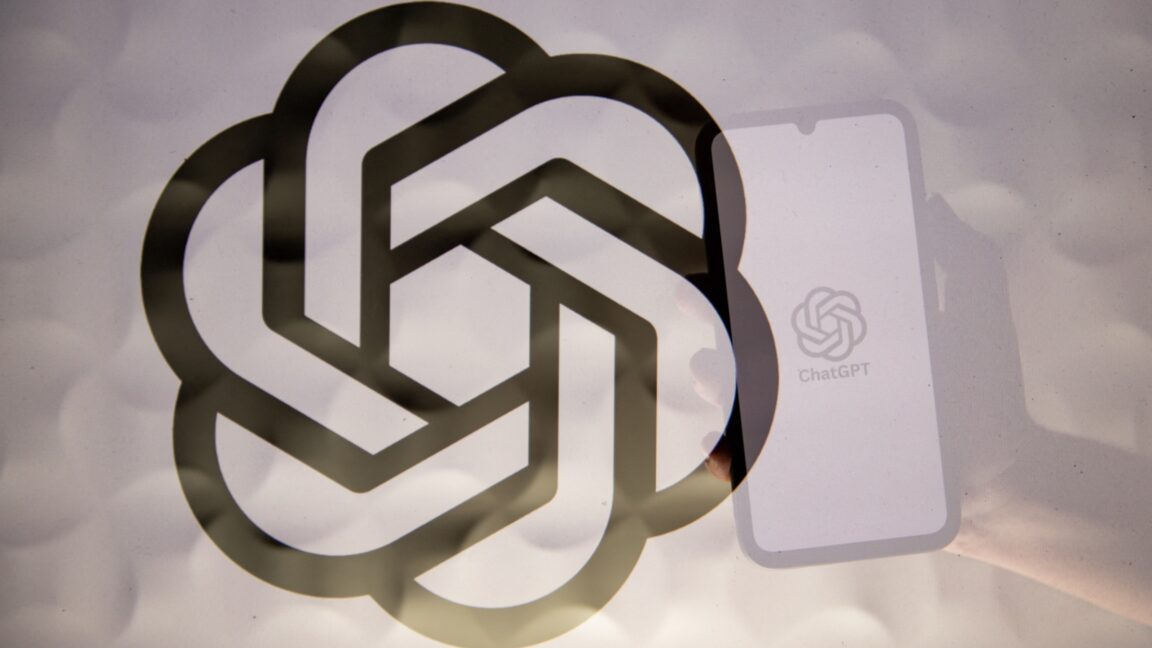



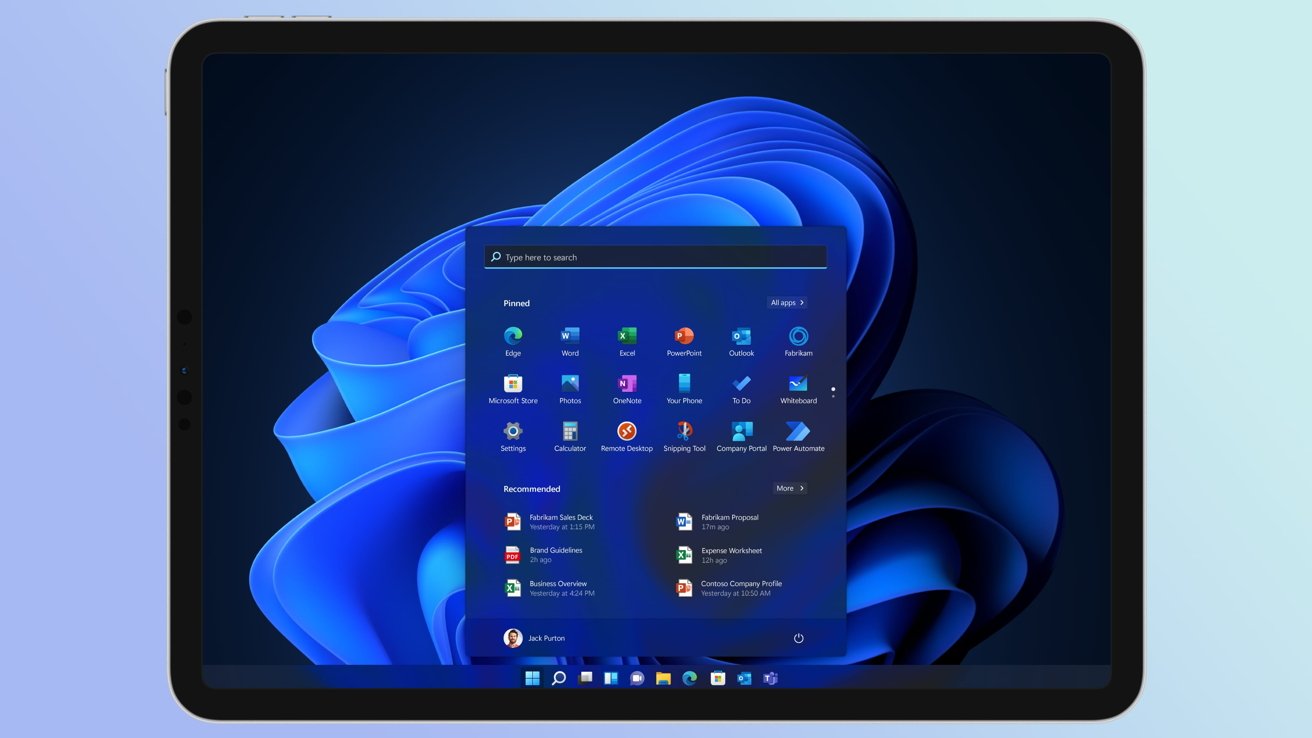
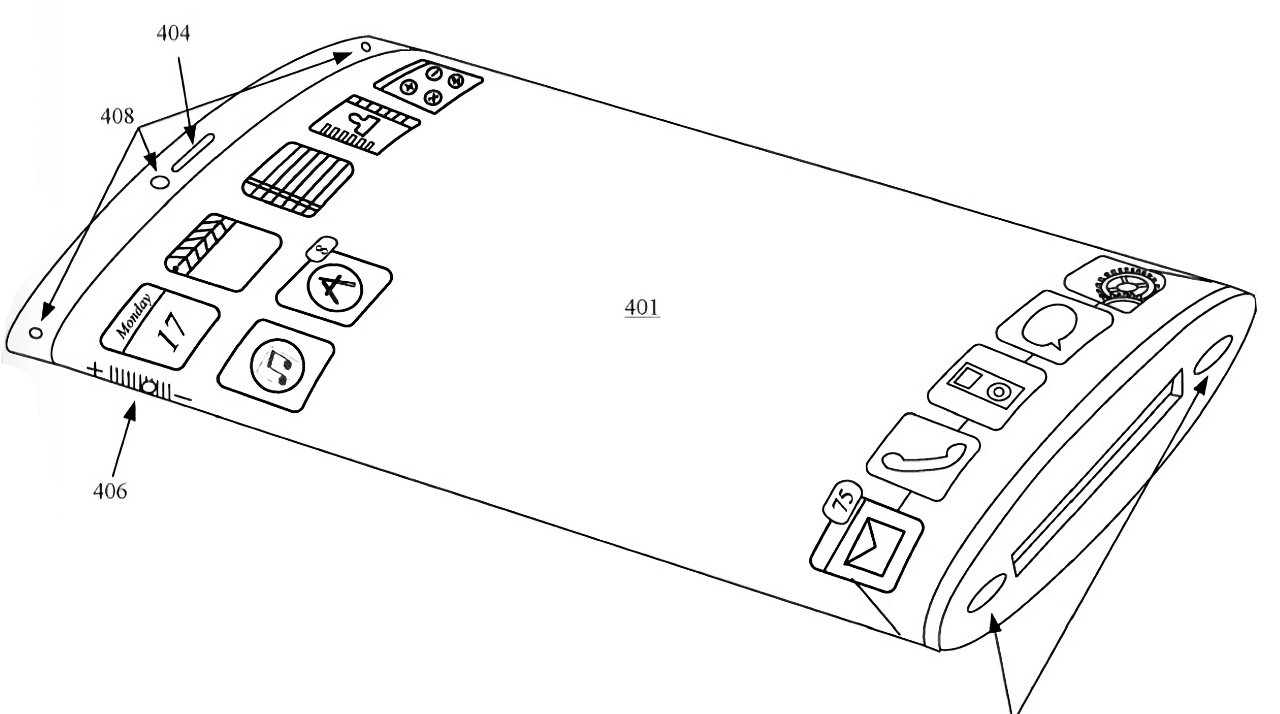
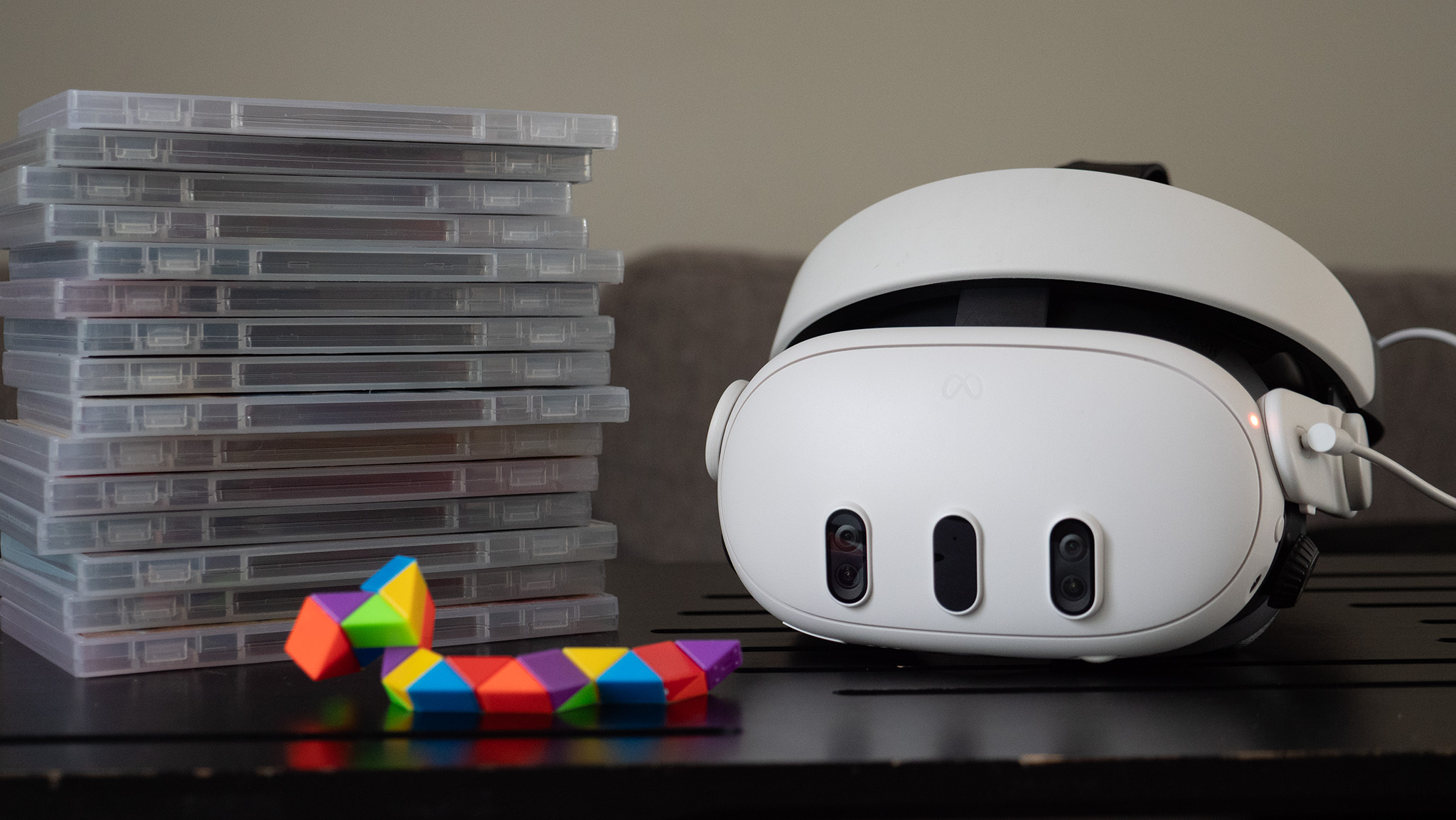
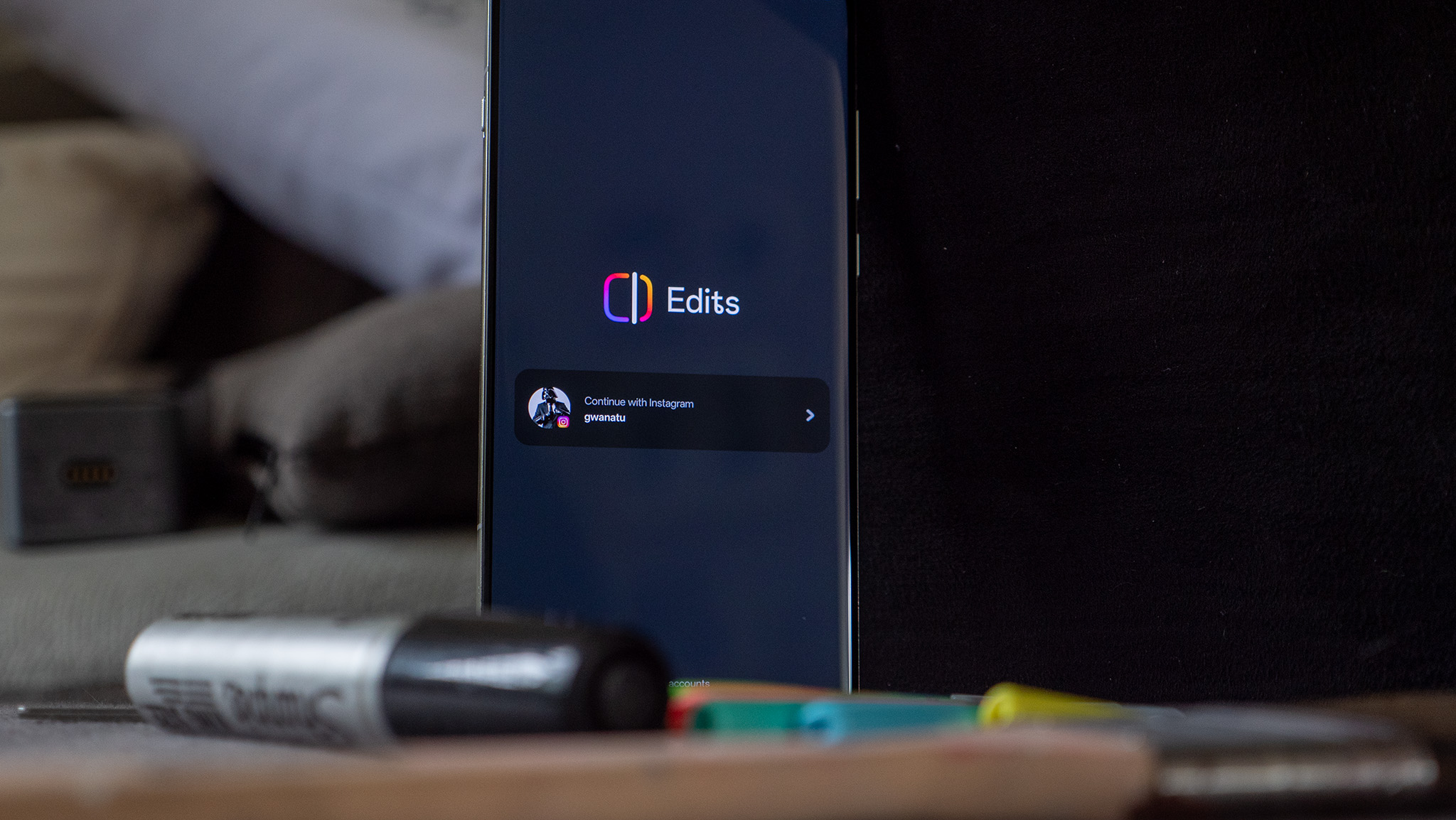
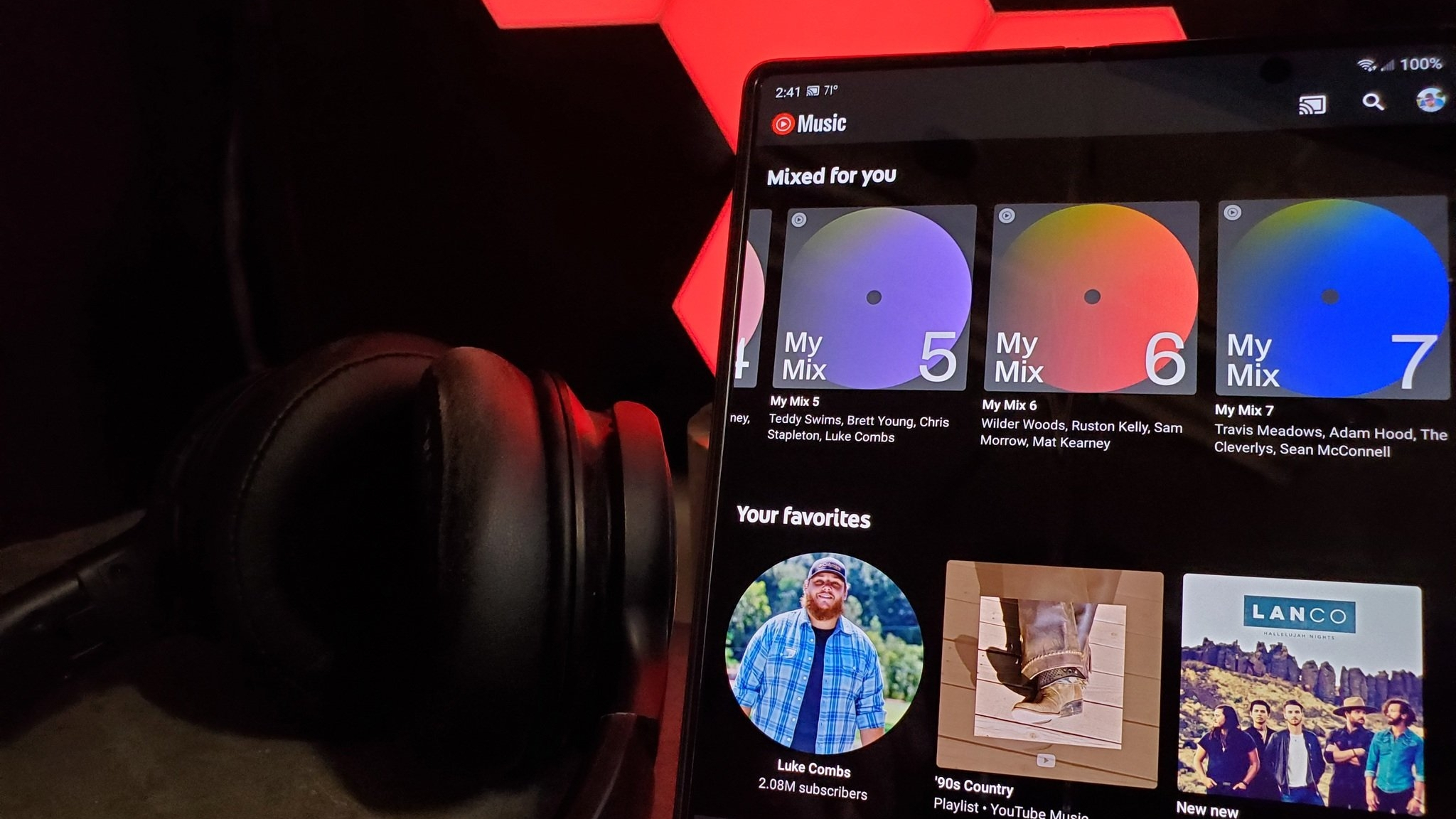
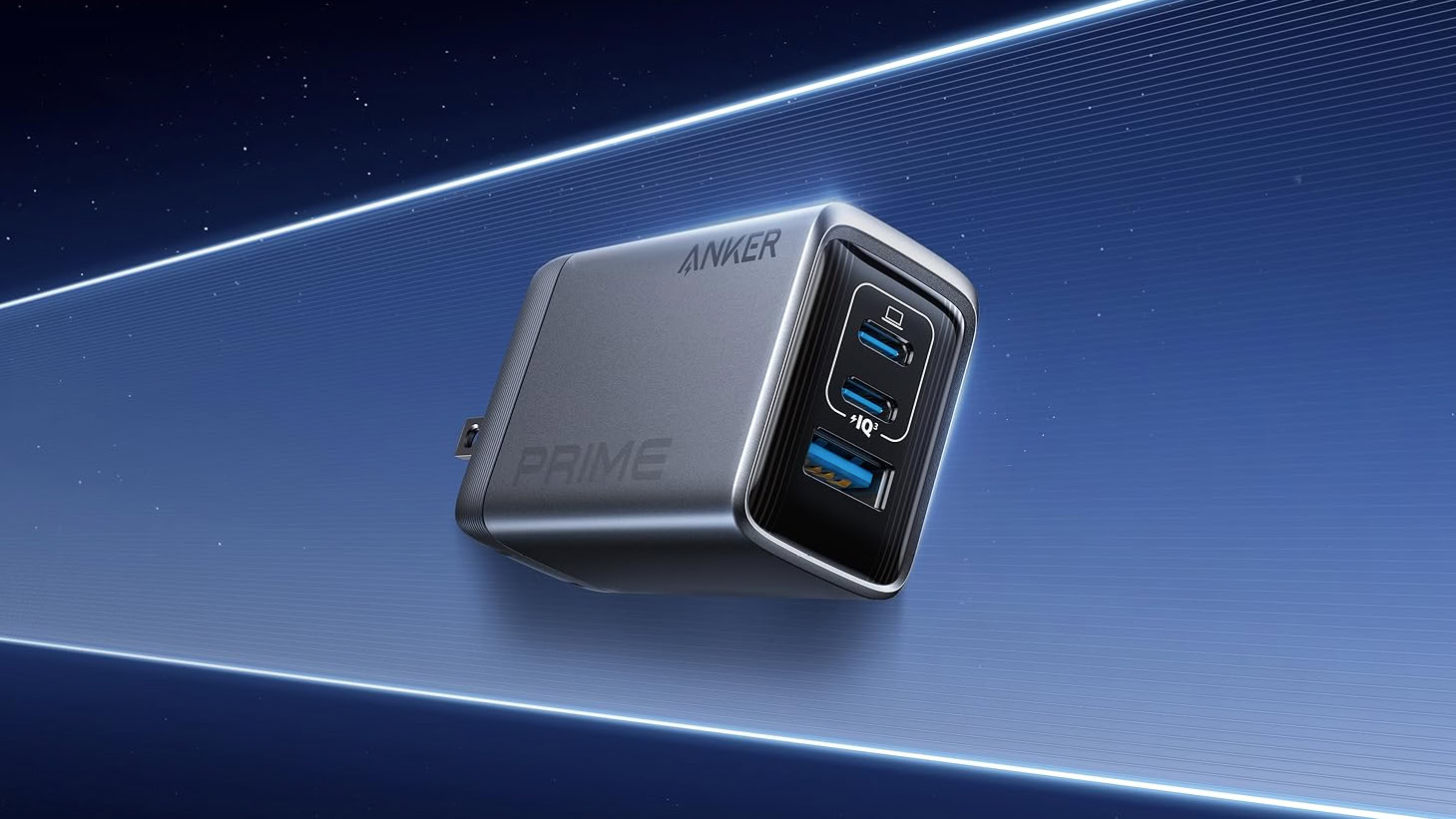
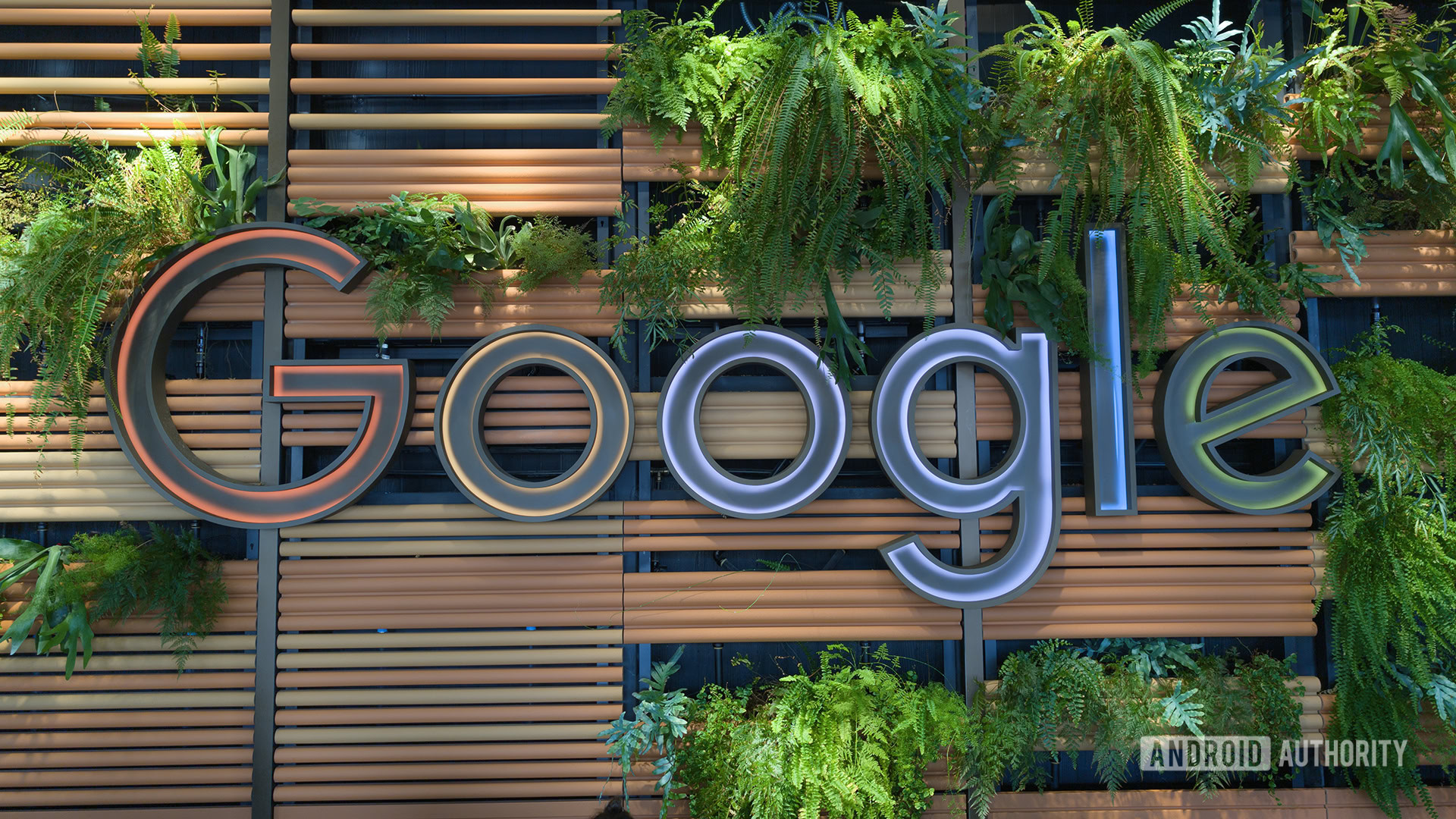
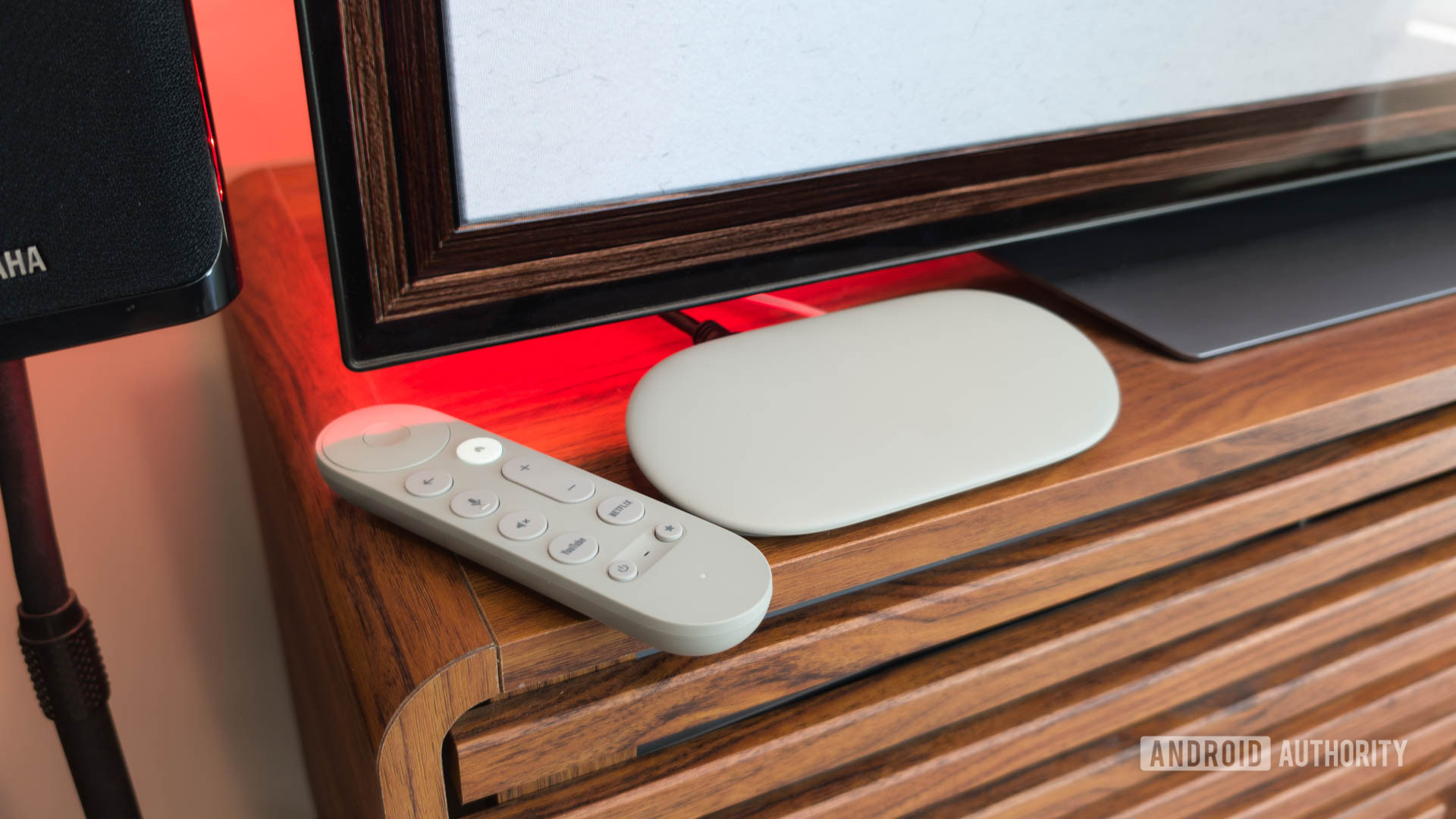
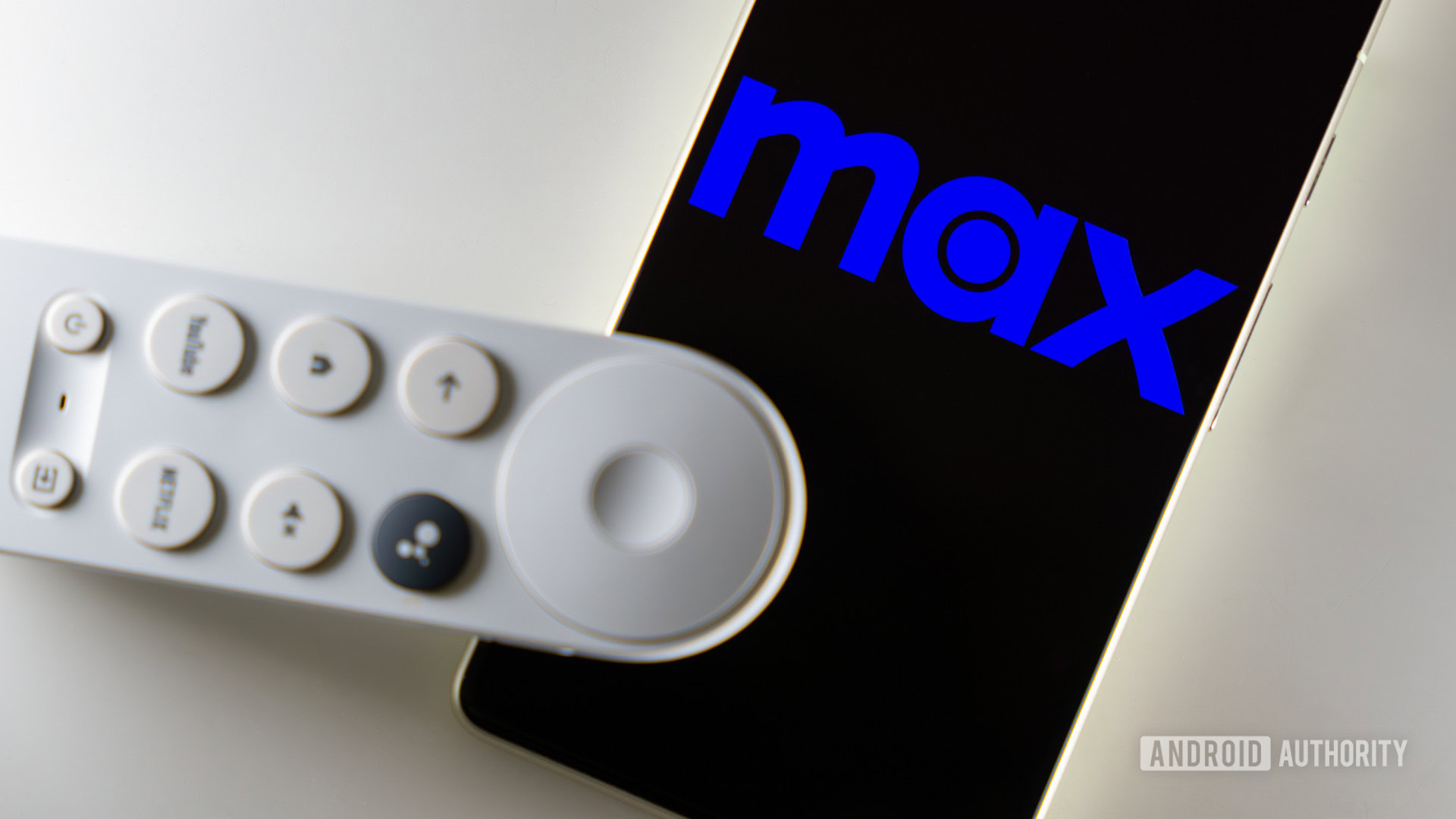

![What iPhone 17 model are you most excited to see? [Poll]](https://9to5mac.com/wp-content/uploads/sites/6/2025/04/iphone-17-pro-sky-blue.jpg?quality=82&strip=all&w=290&h=145&crop=1)






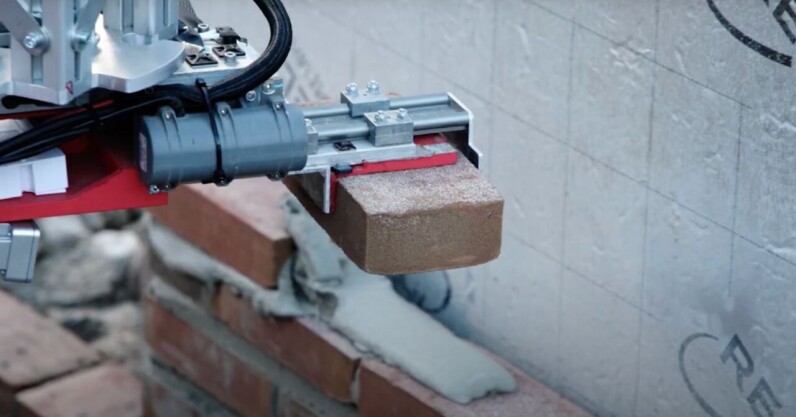







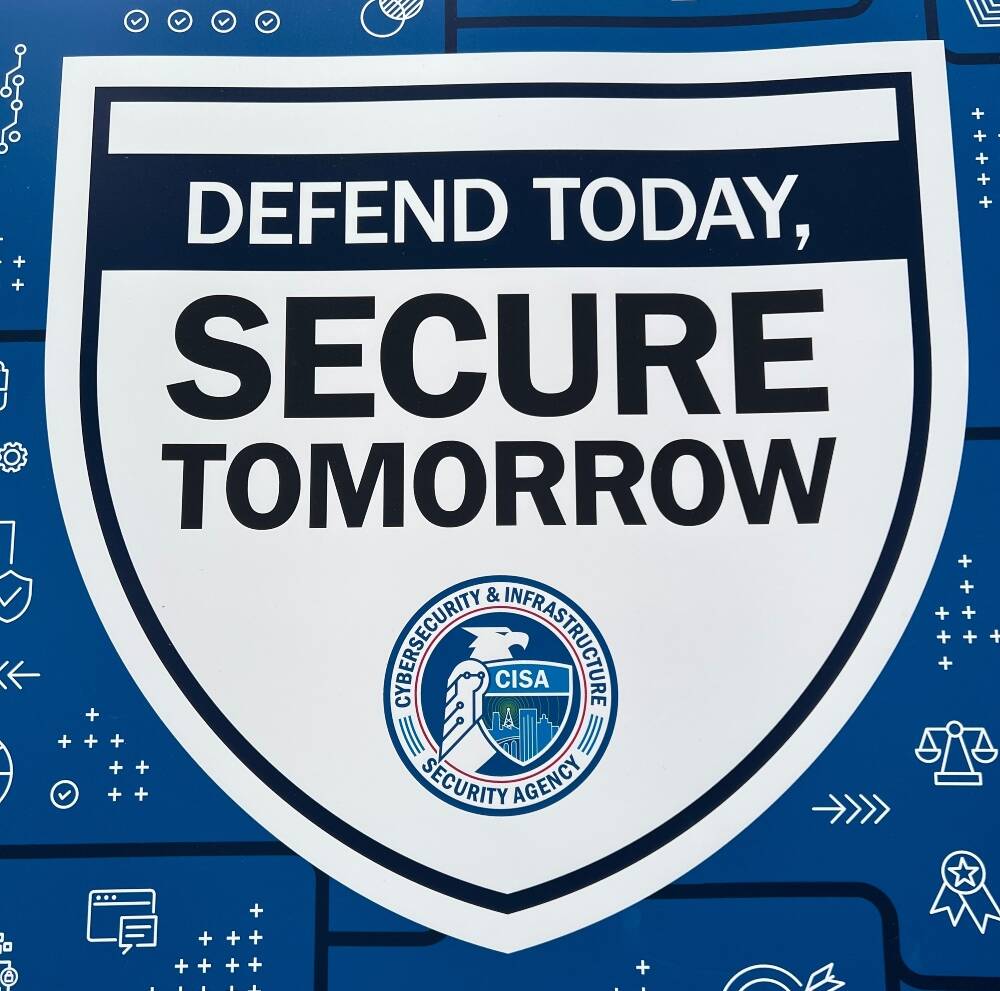

![Hands-On With 'iPhone 17 Air' Dummy Reveals 'Scary Thin' Design [Video]](https://www.iclarified.com/images/news/97100/97100/97100-640.jpg)
![Mike Rockwell is Overhauling Siri's Leadership Team [Report]](https://www.iclarified.com/images/news/97096/97096/97096-640.jpg)
![Instagram Releases 'Edits' Video Creation App [Download]](https://www.iclarified.com/images/news/97097/97097/97097-640.jpg)
![Inside Netflix's Rebuild of the Amsterdam Apple Store for 'iHostage' [Video]](https://www.iclarified.com/images/news/97095/97095/97095-640.jpg)
















